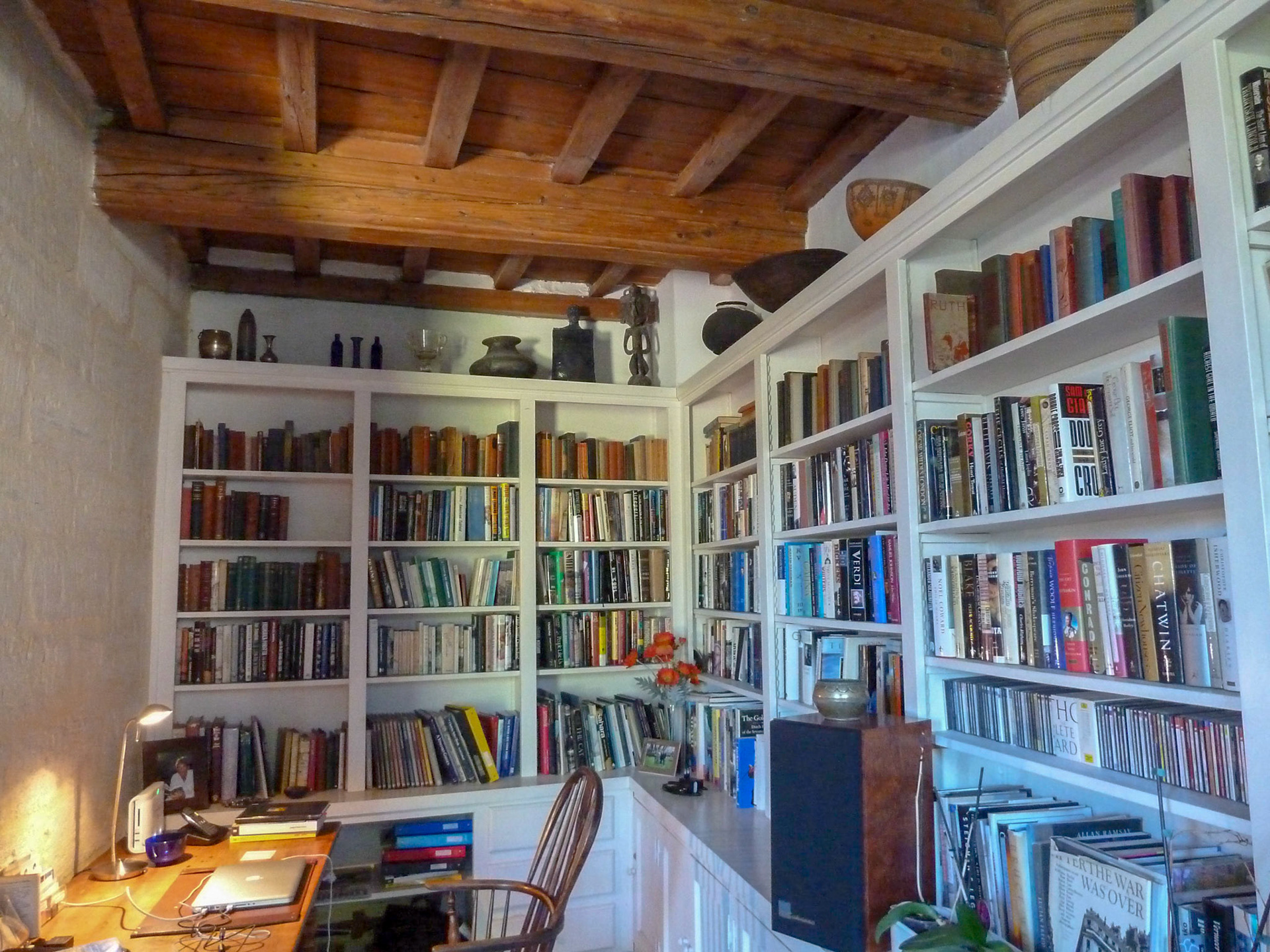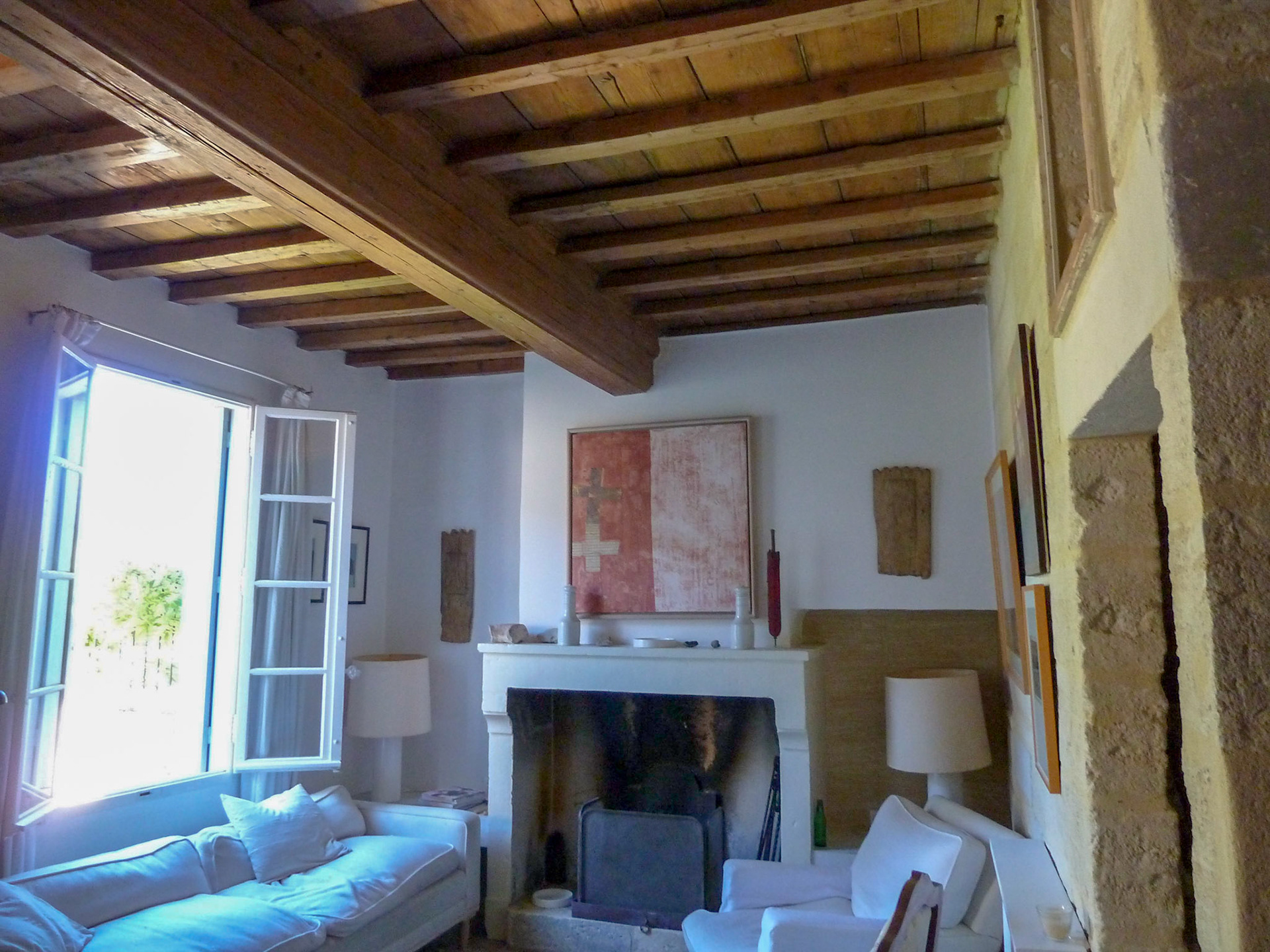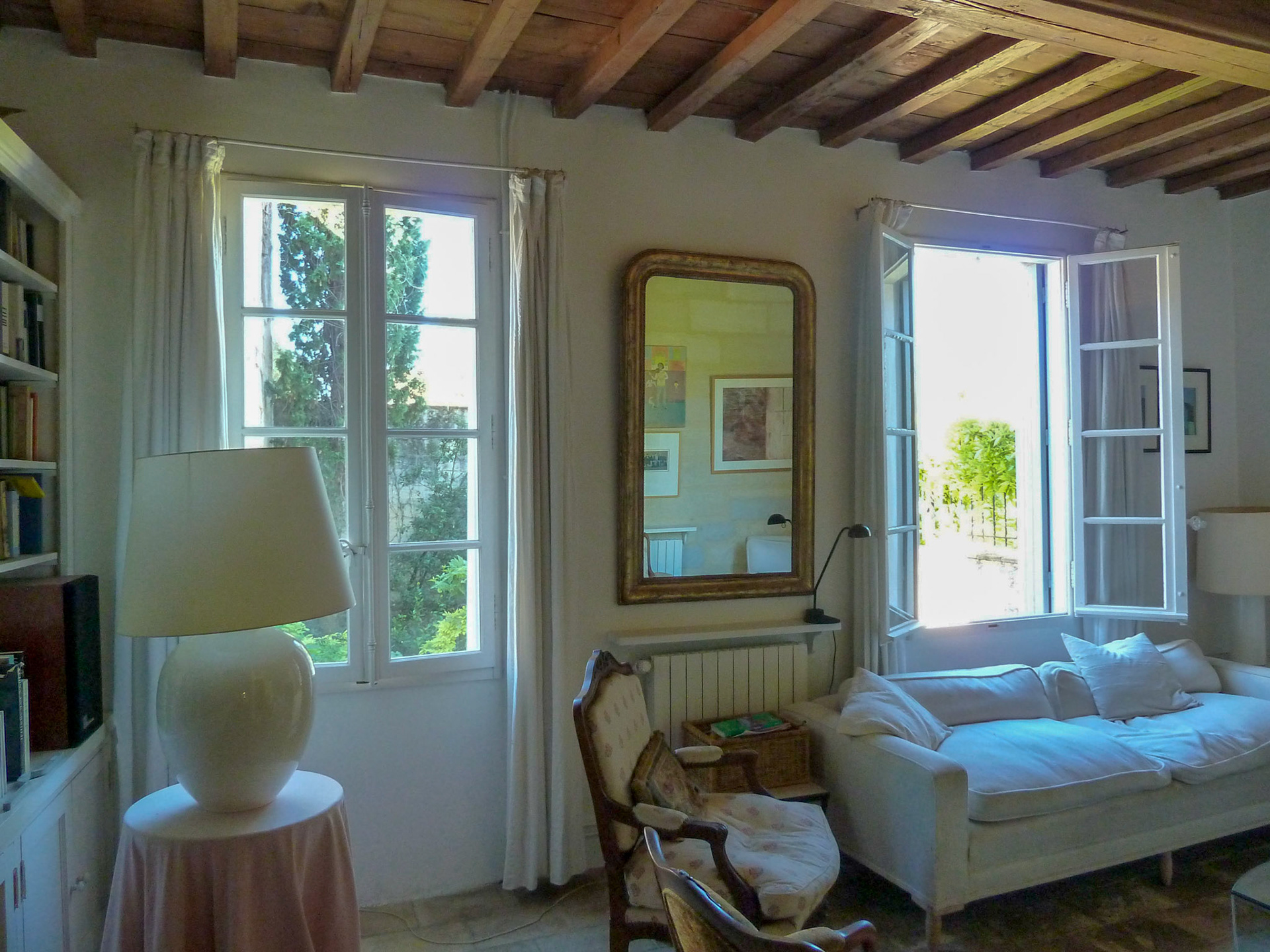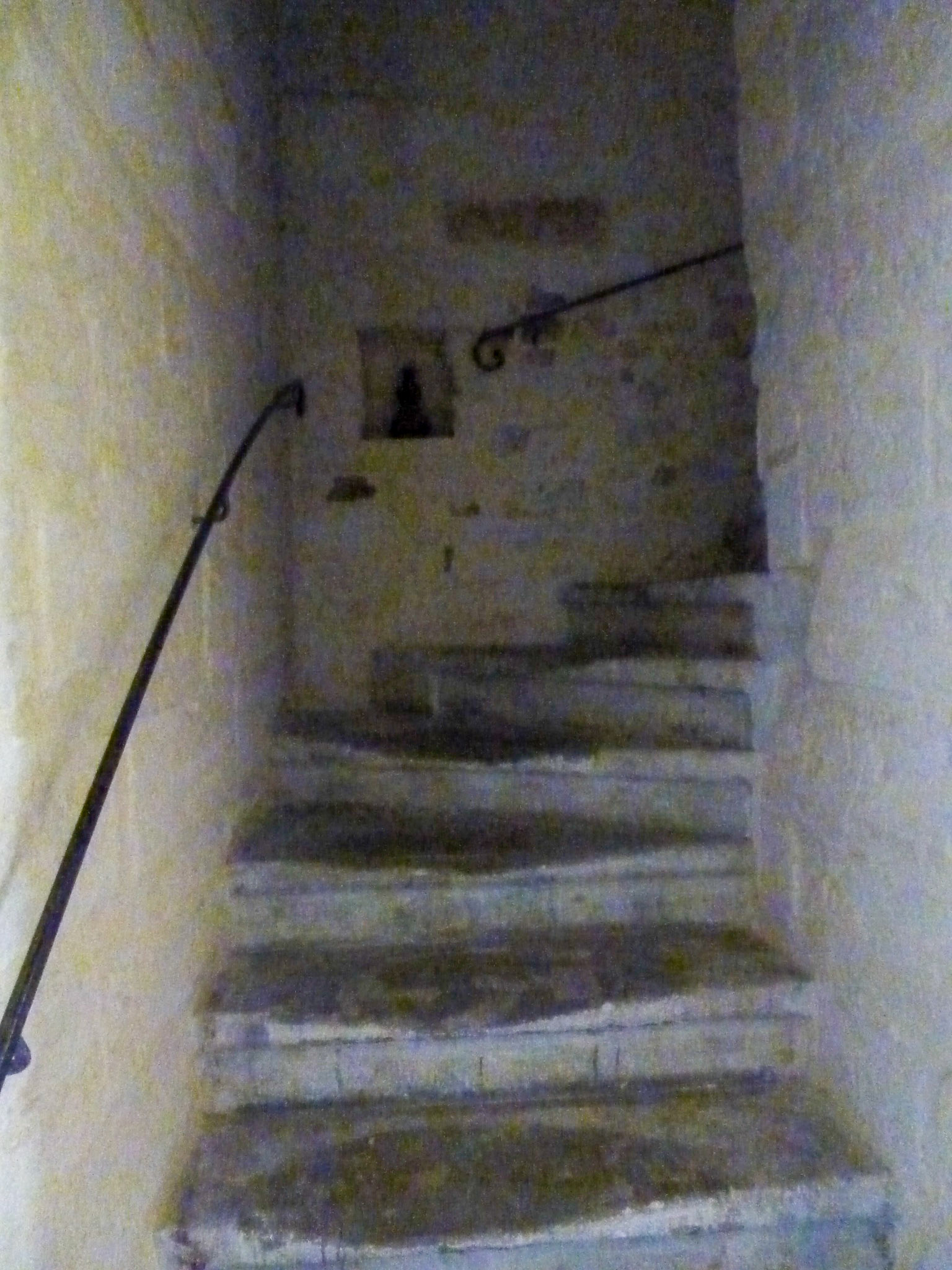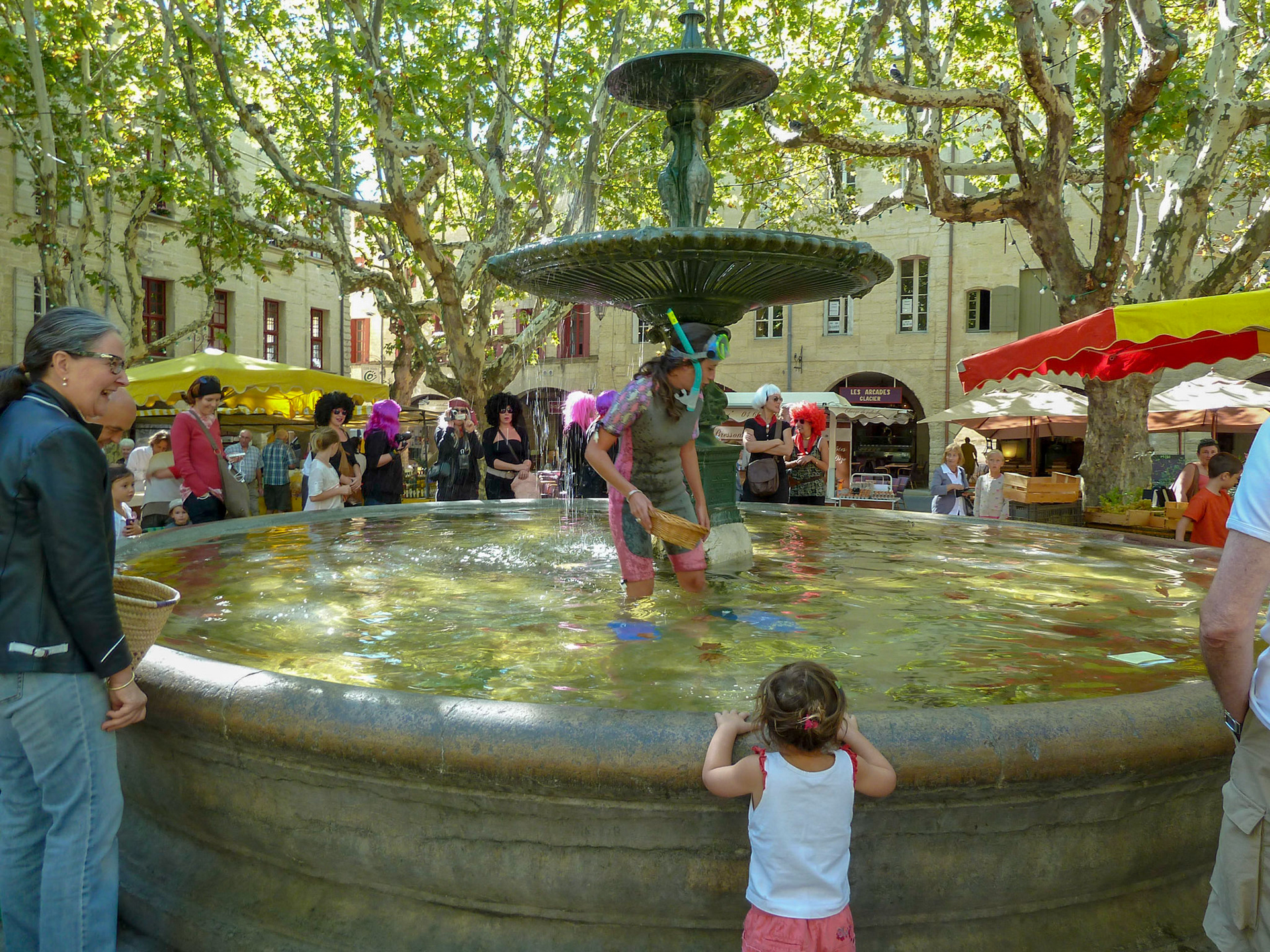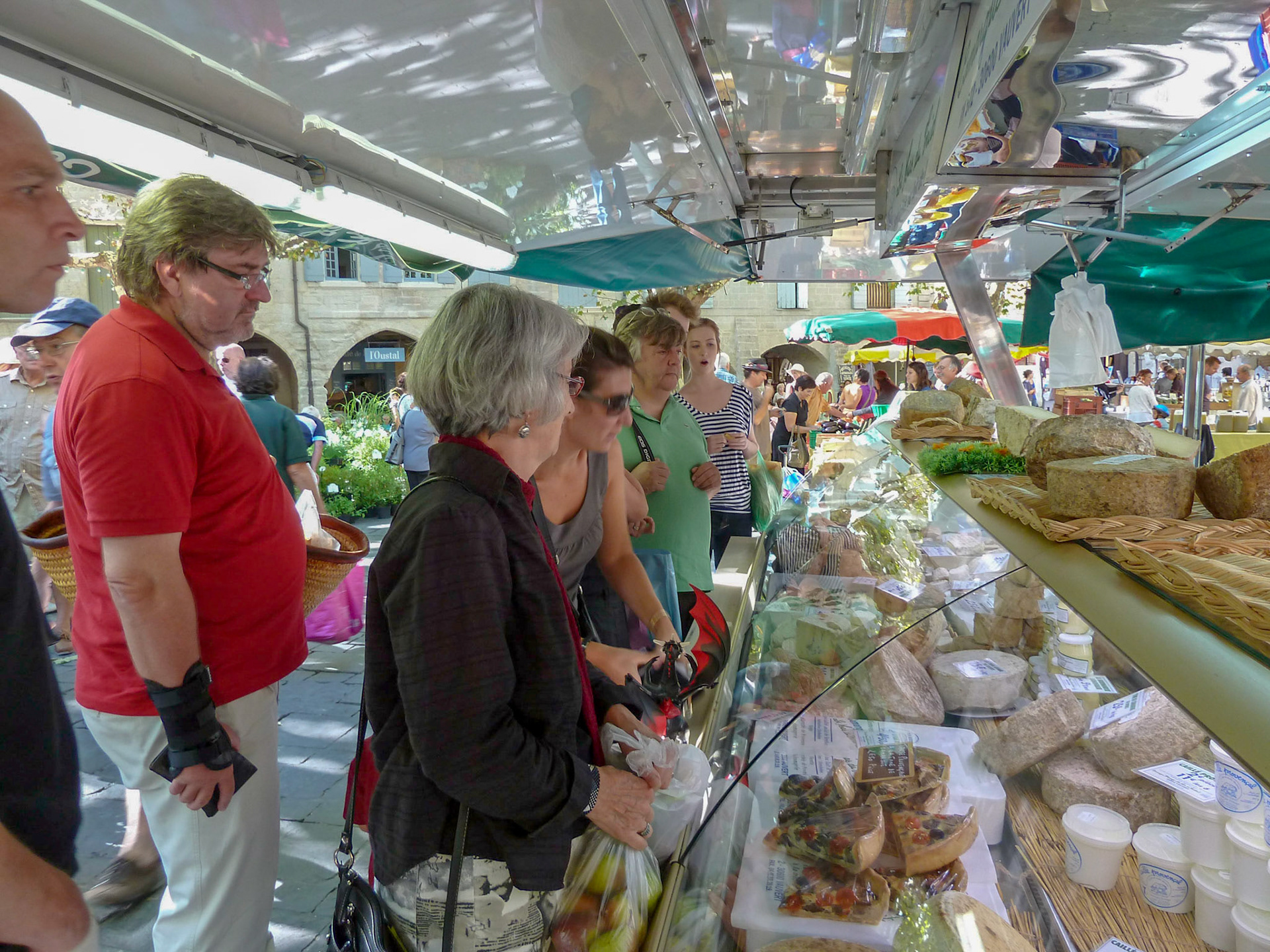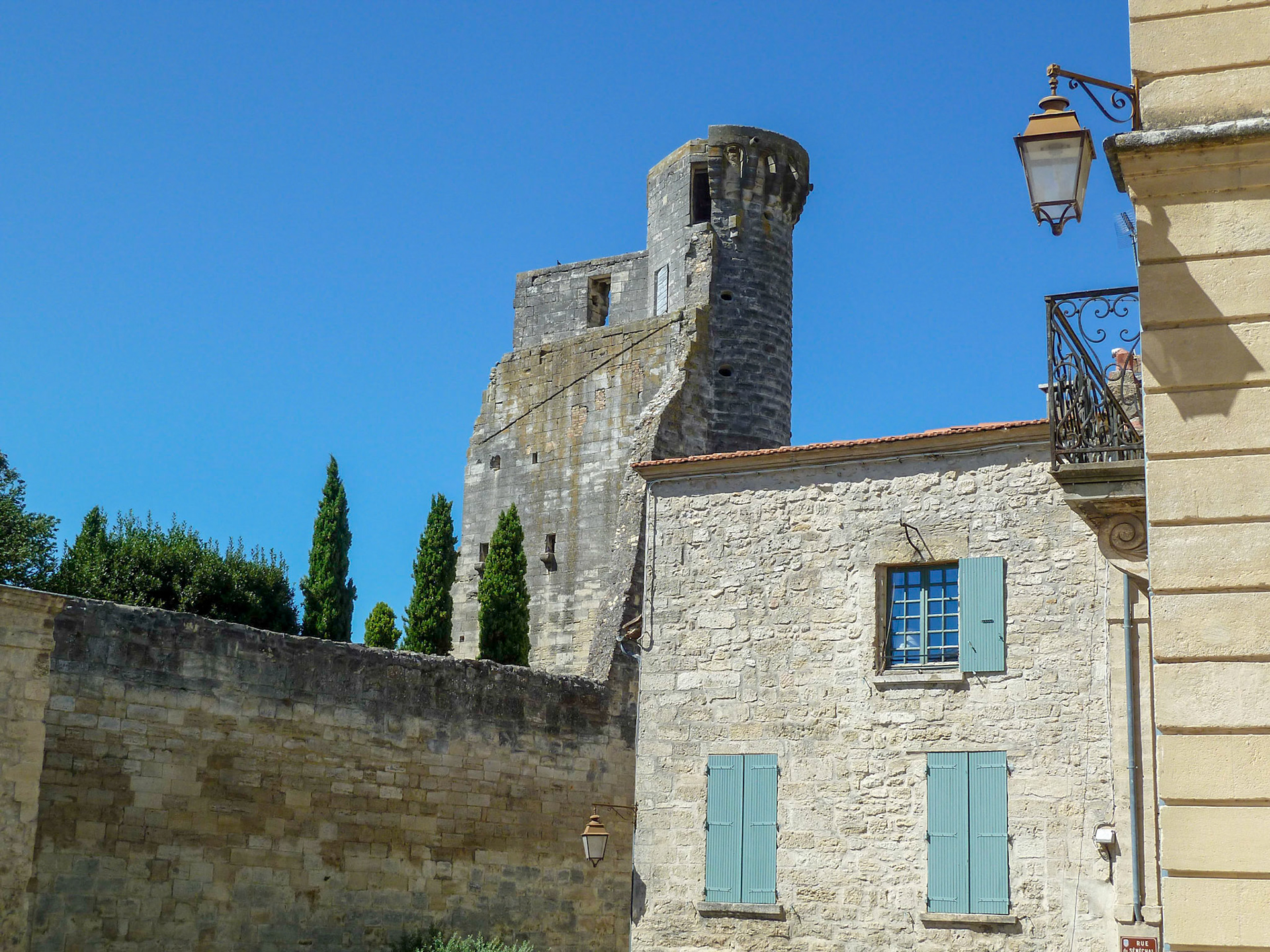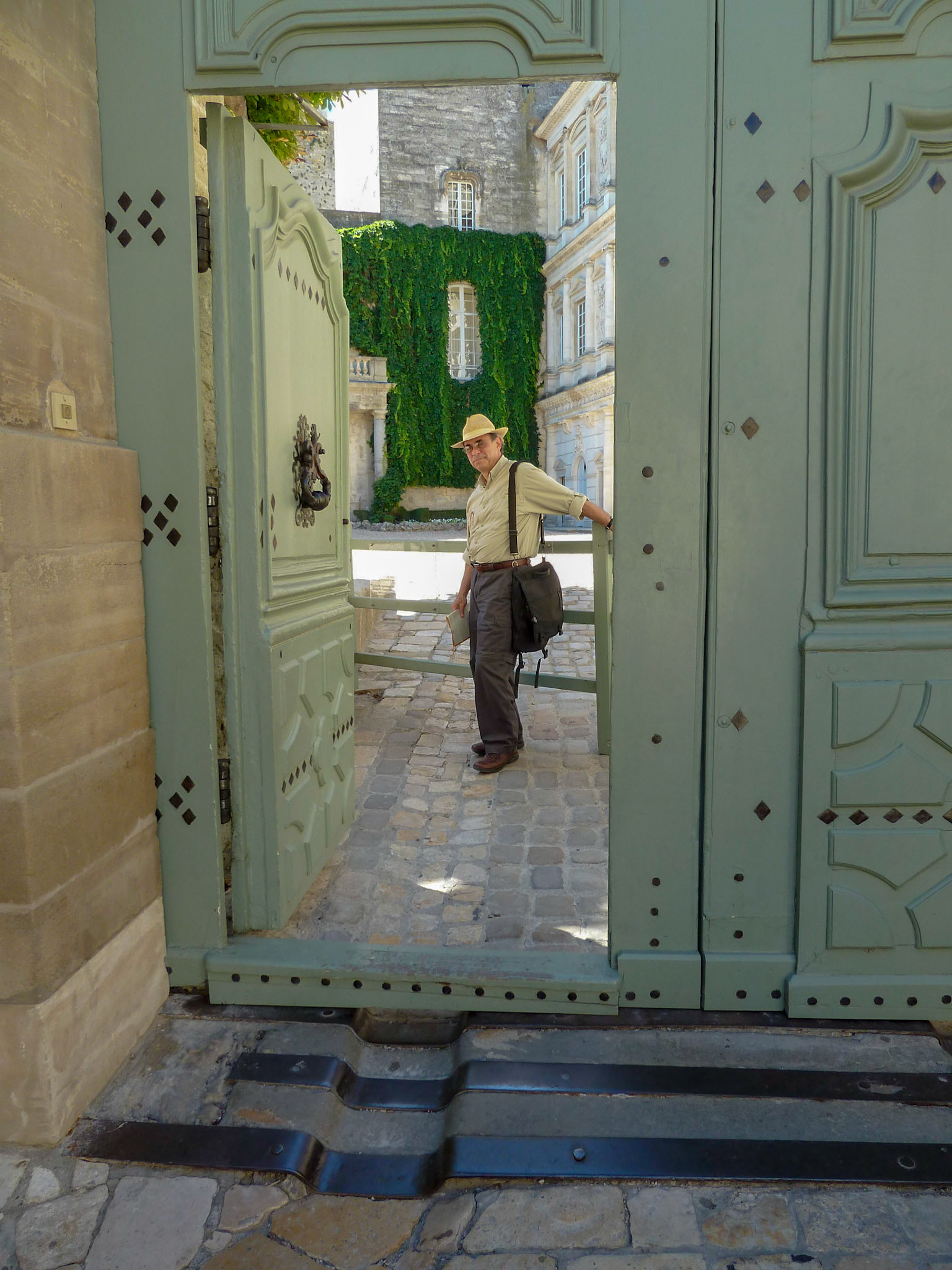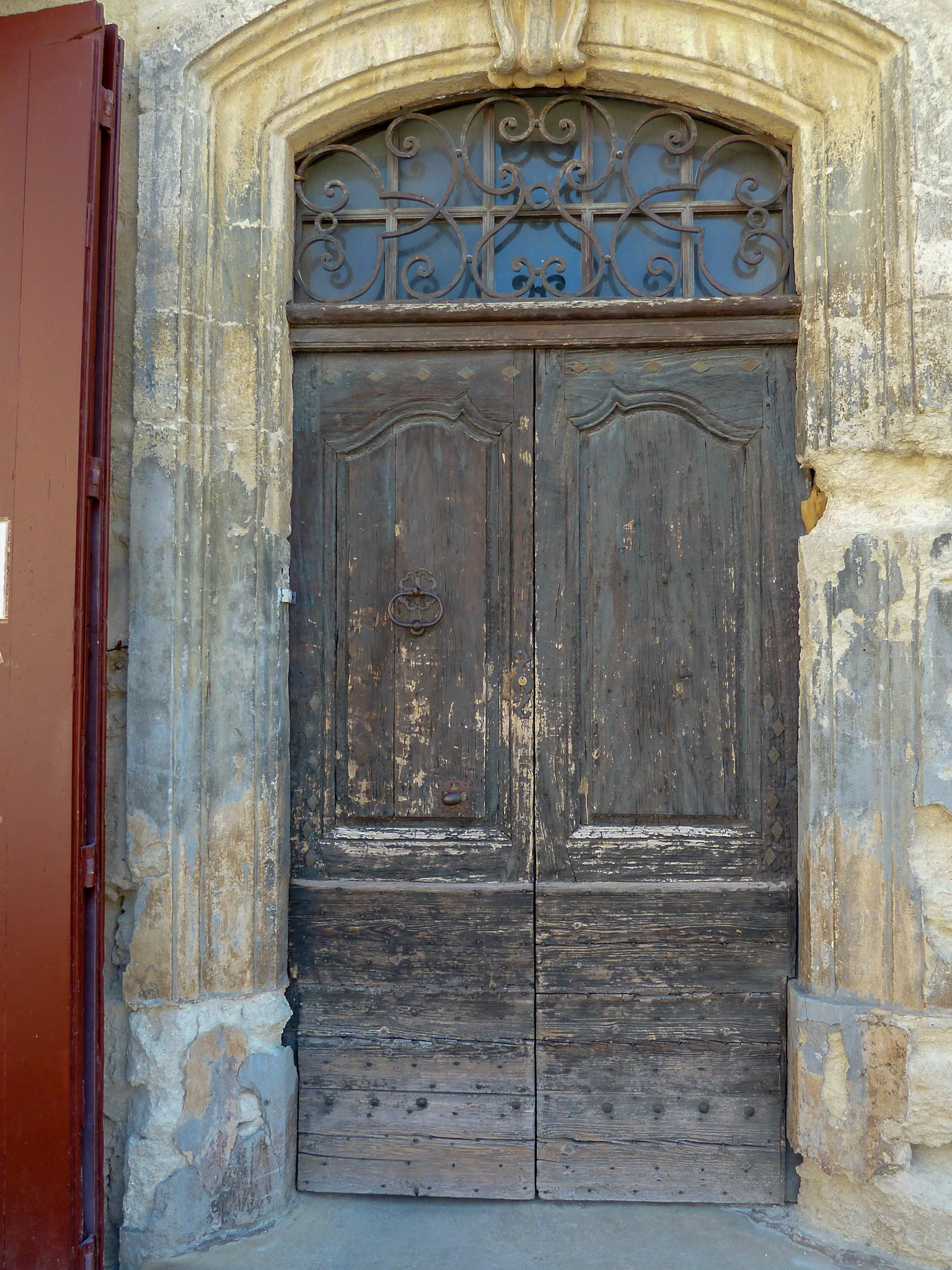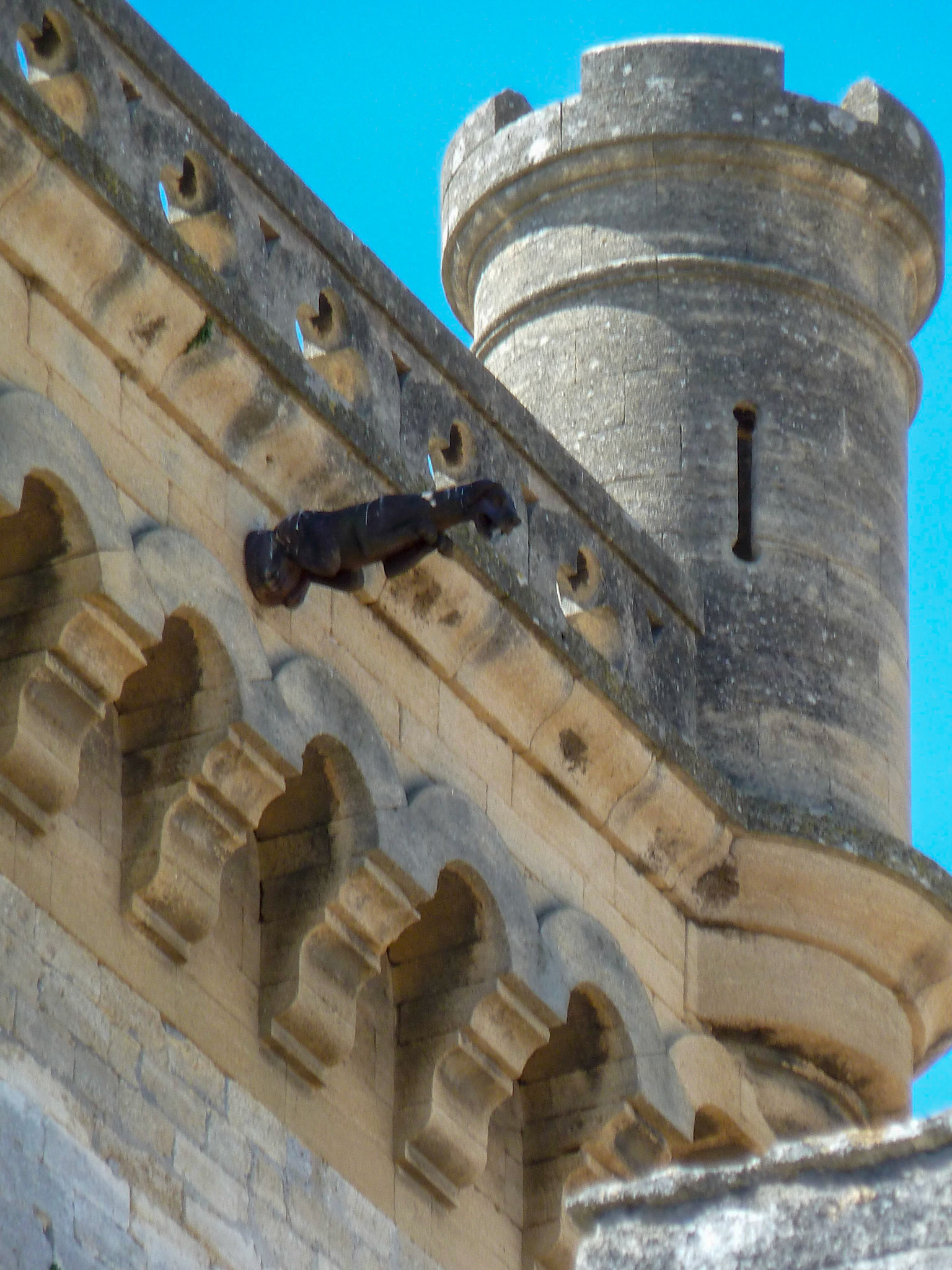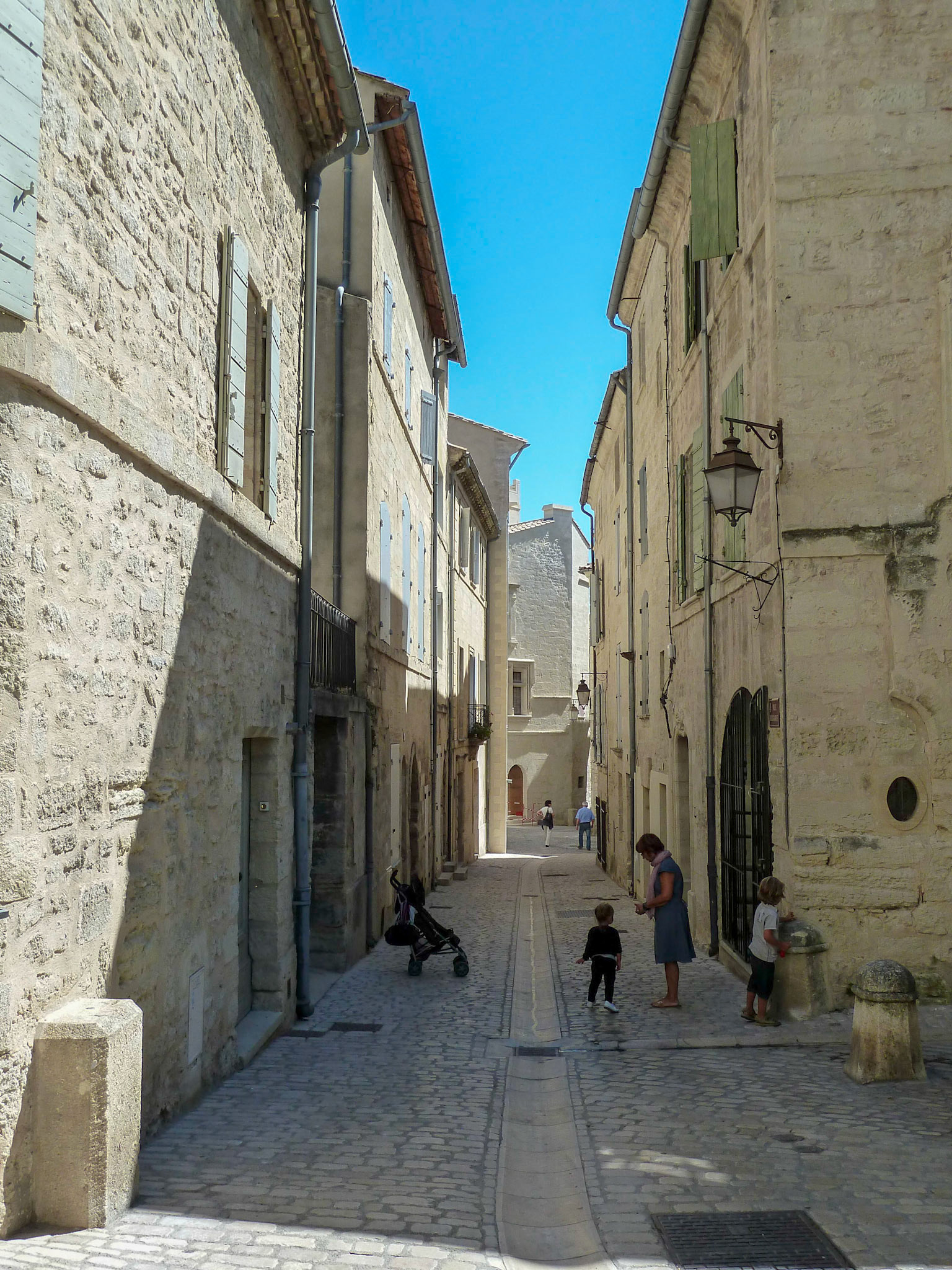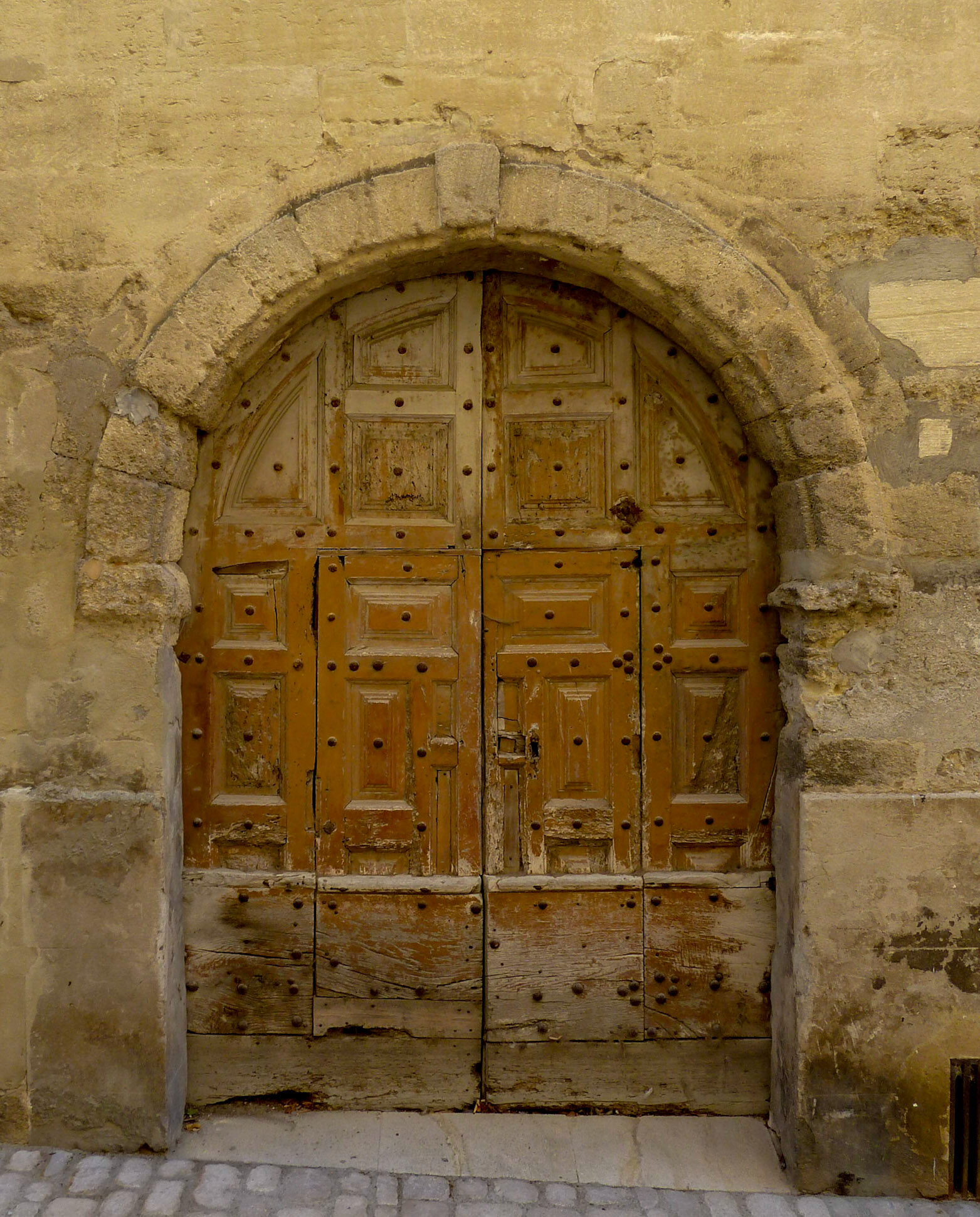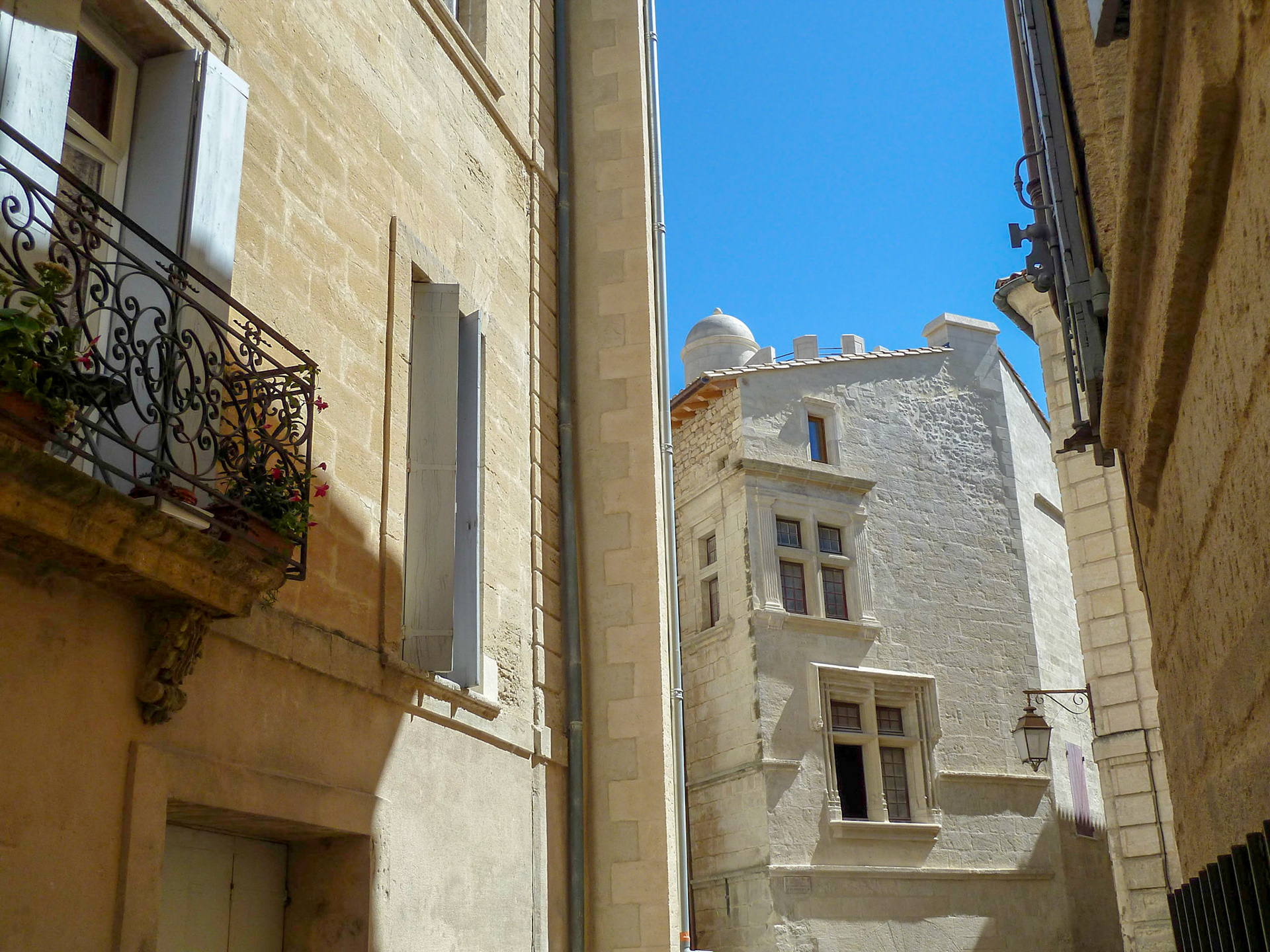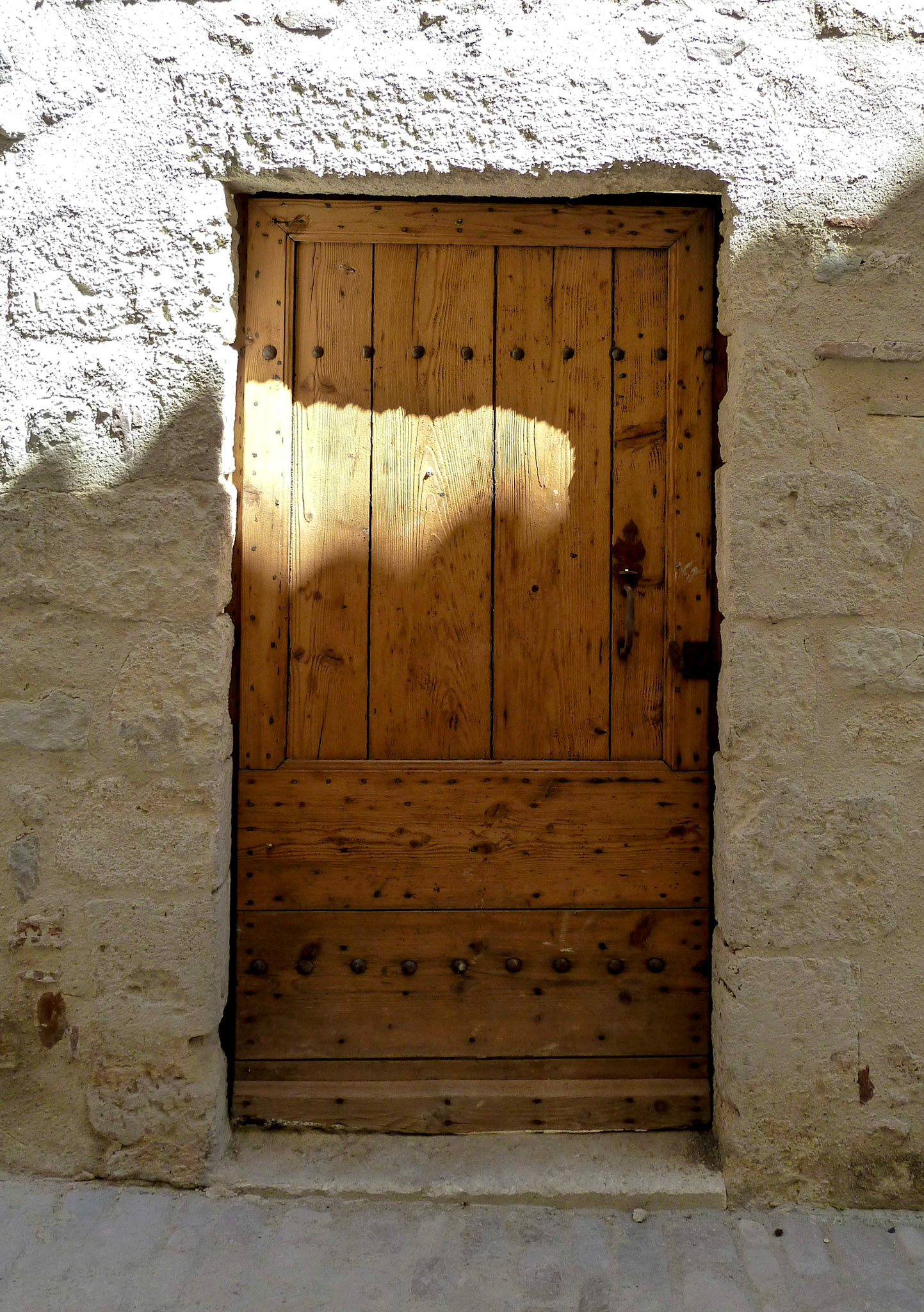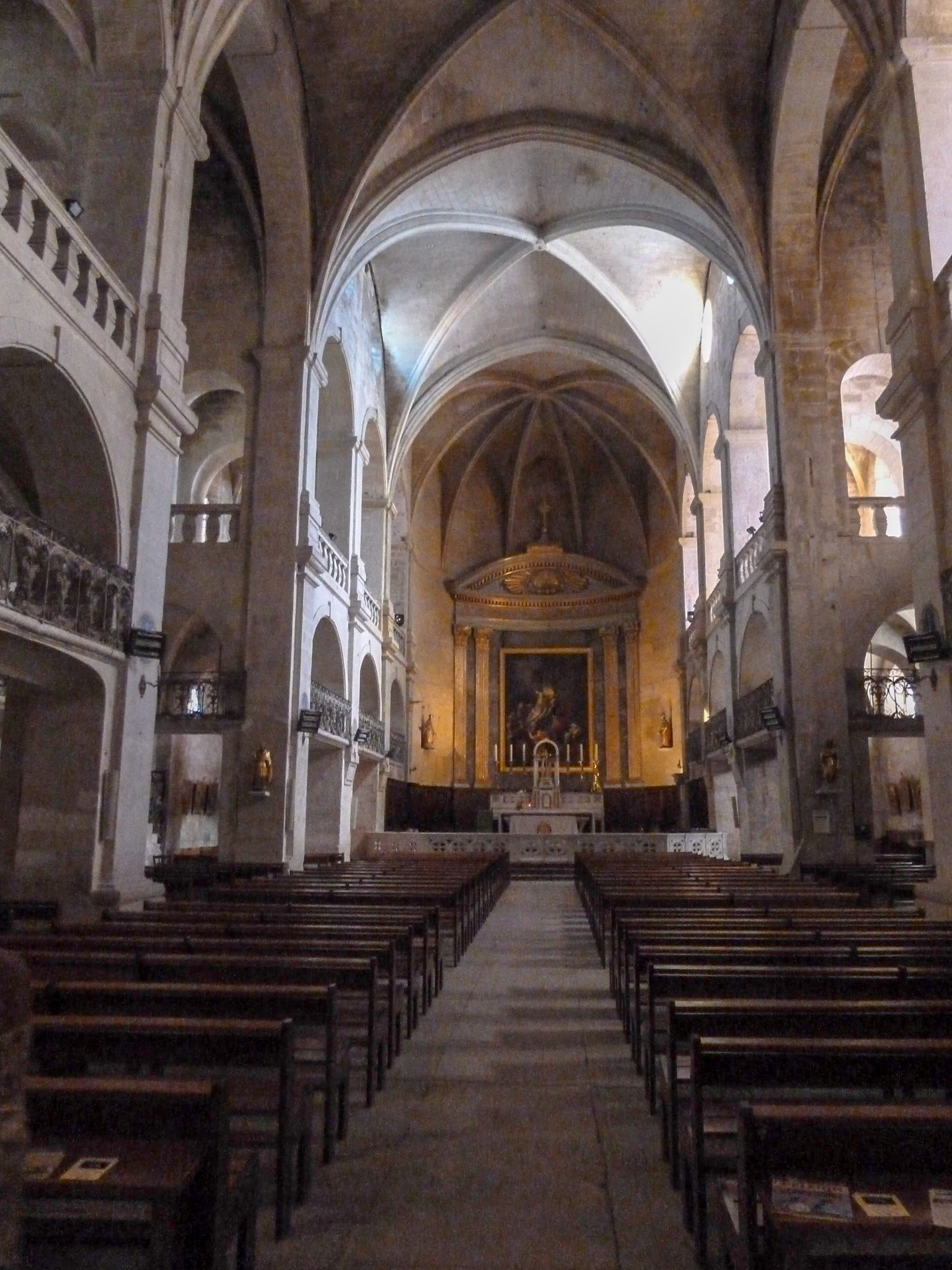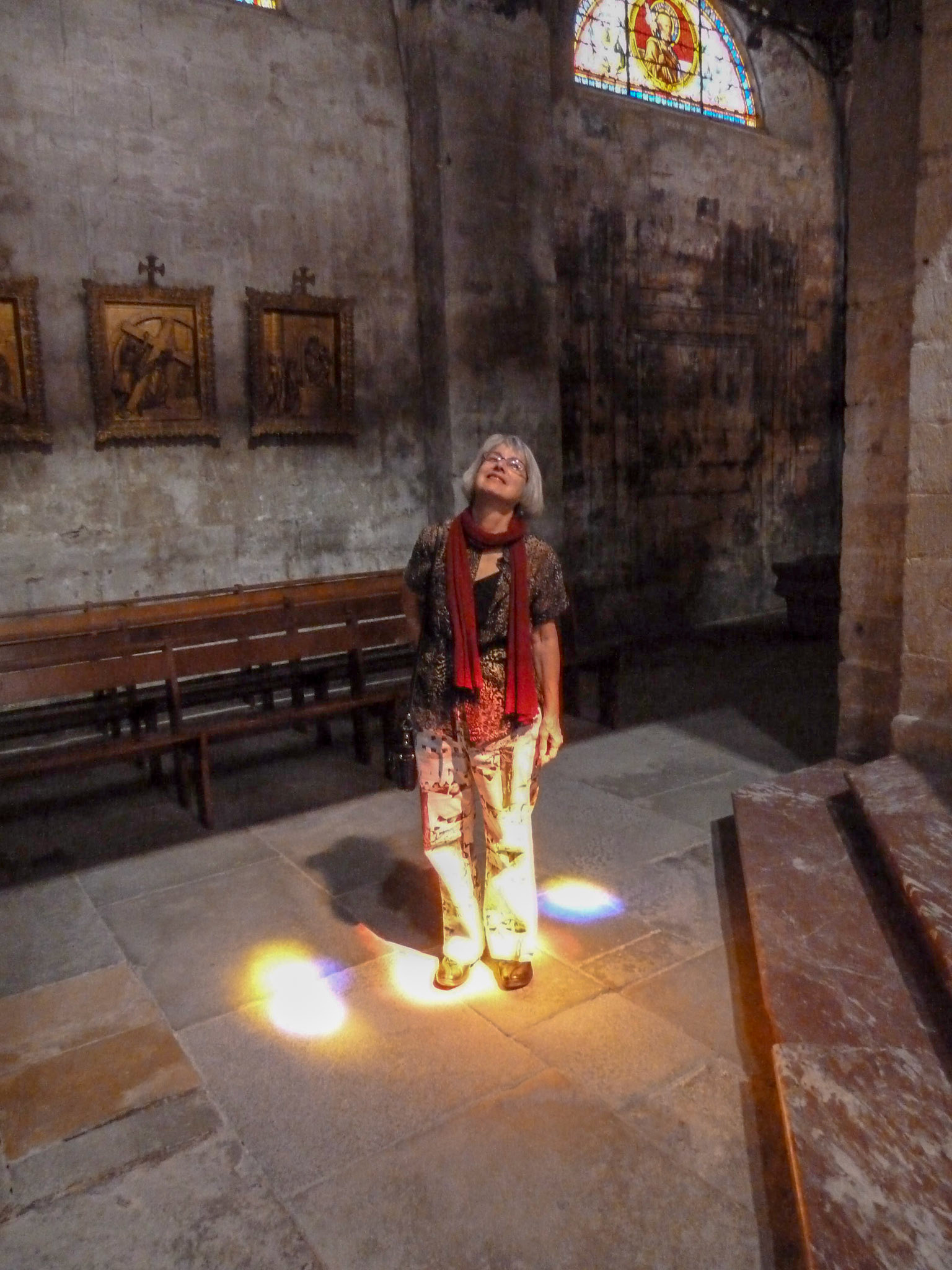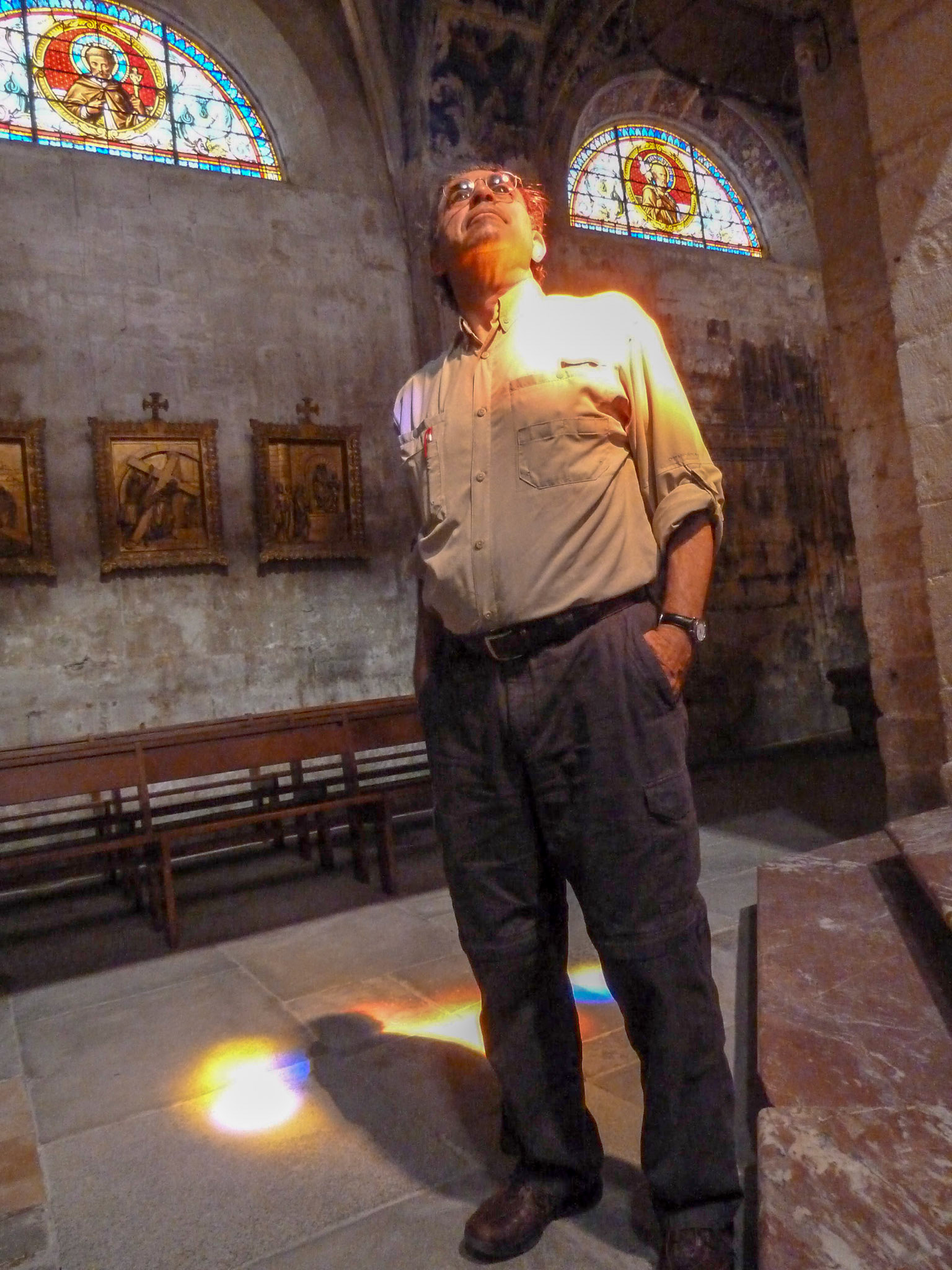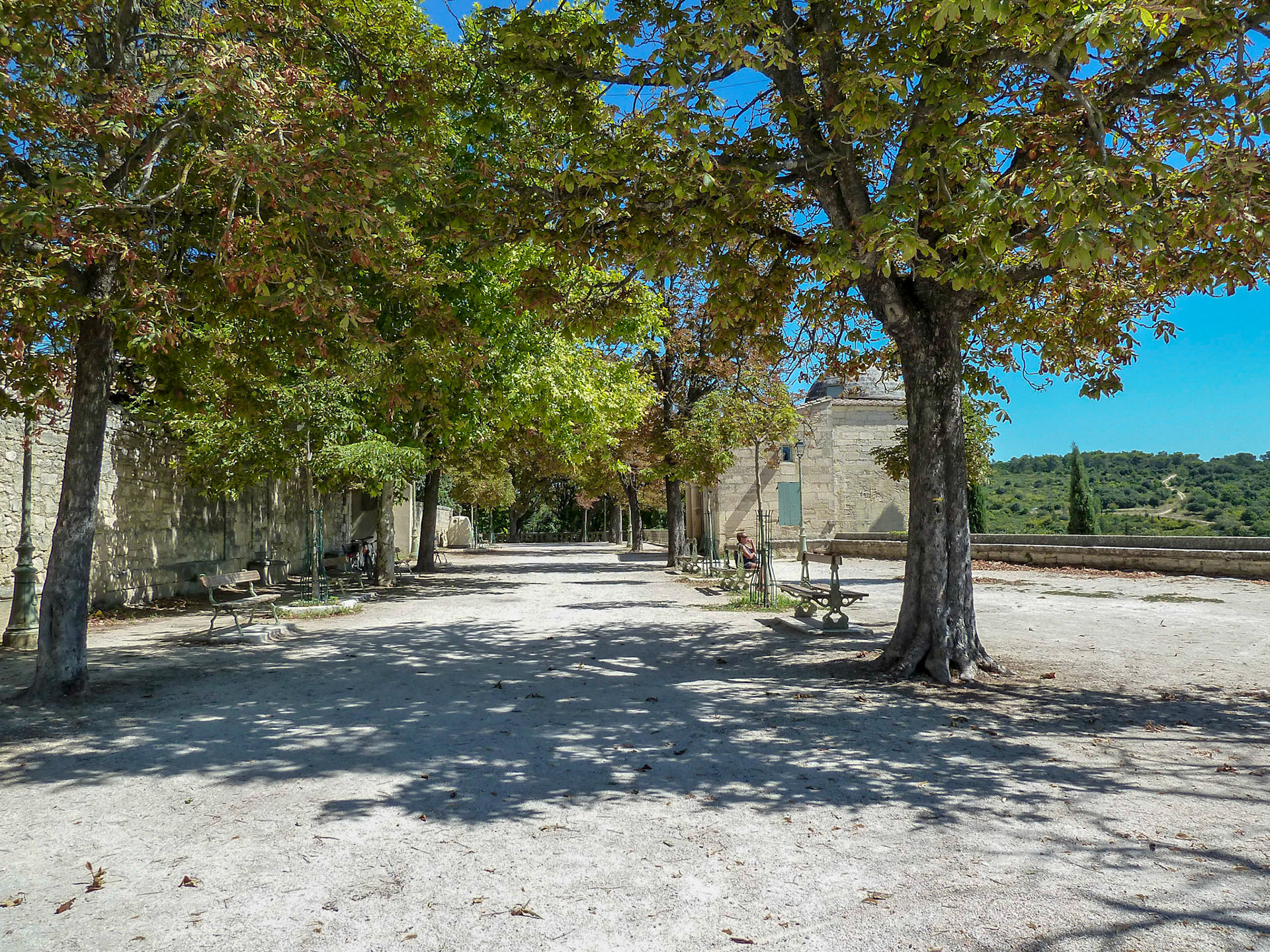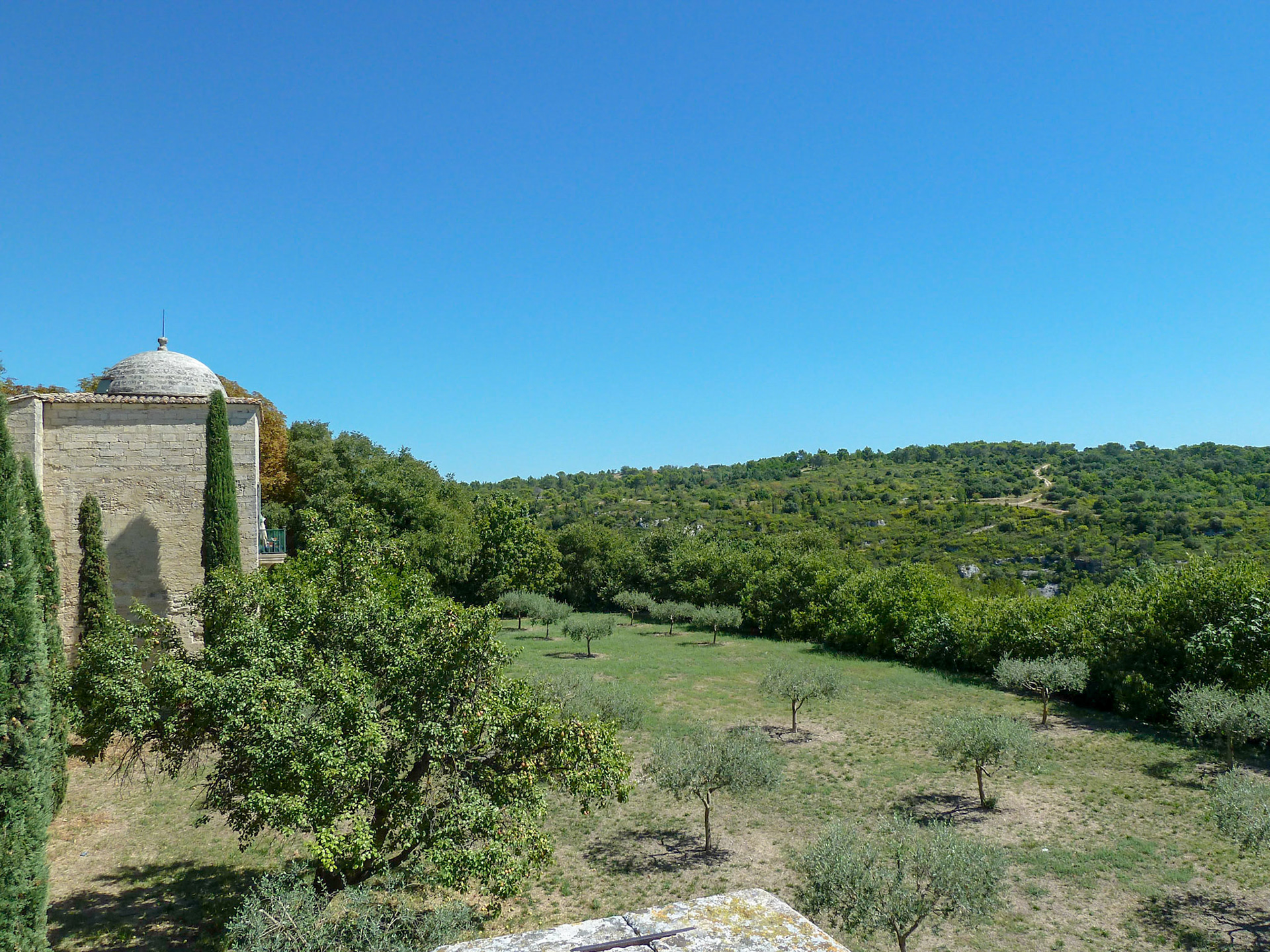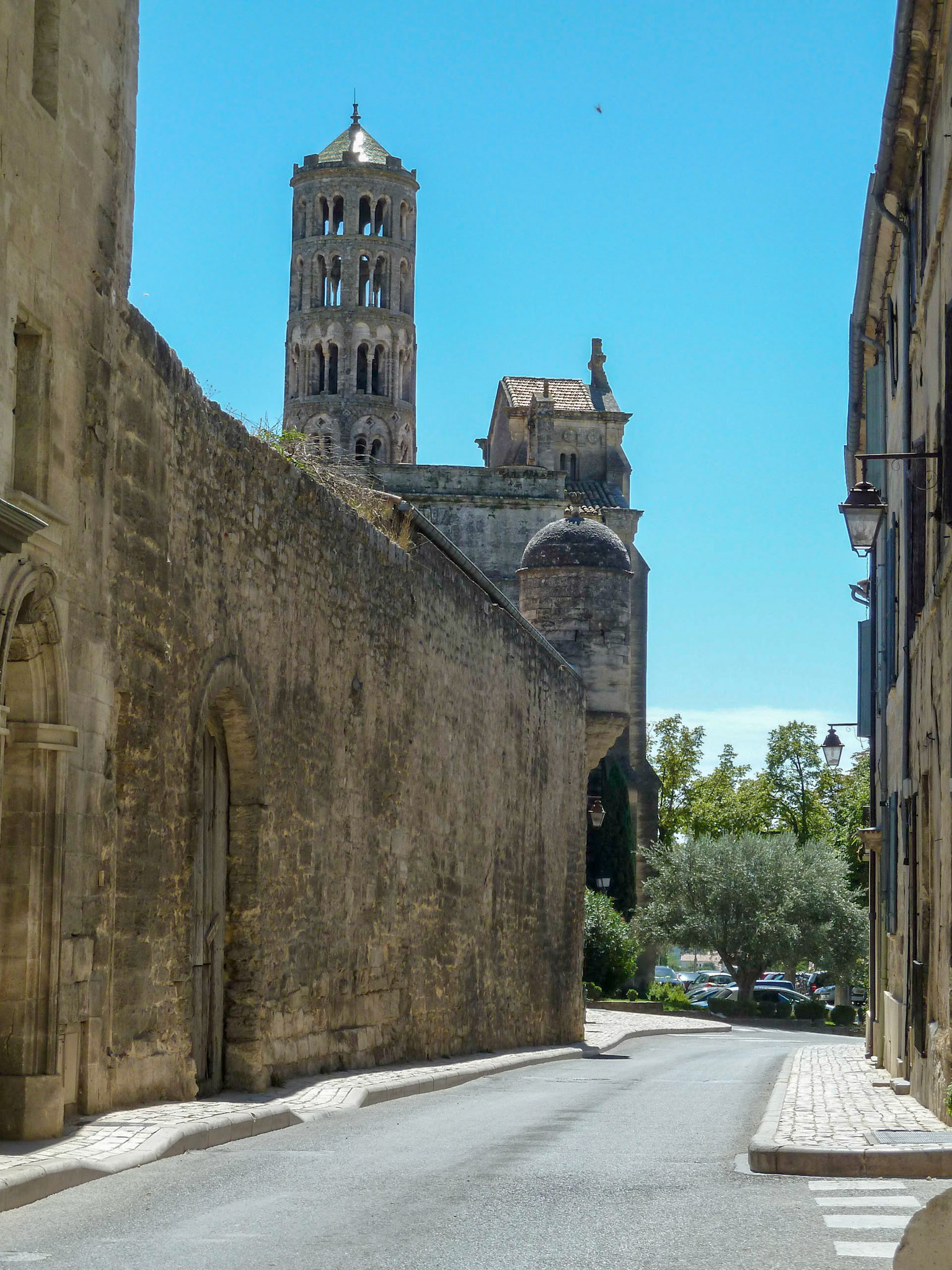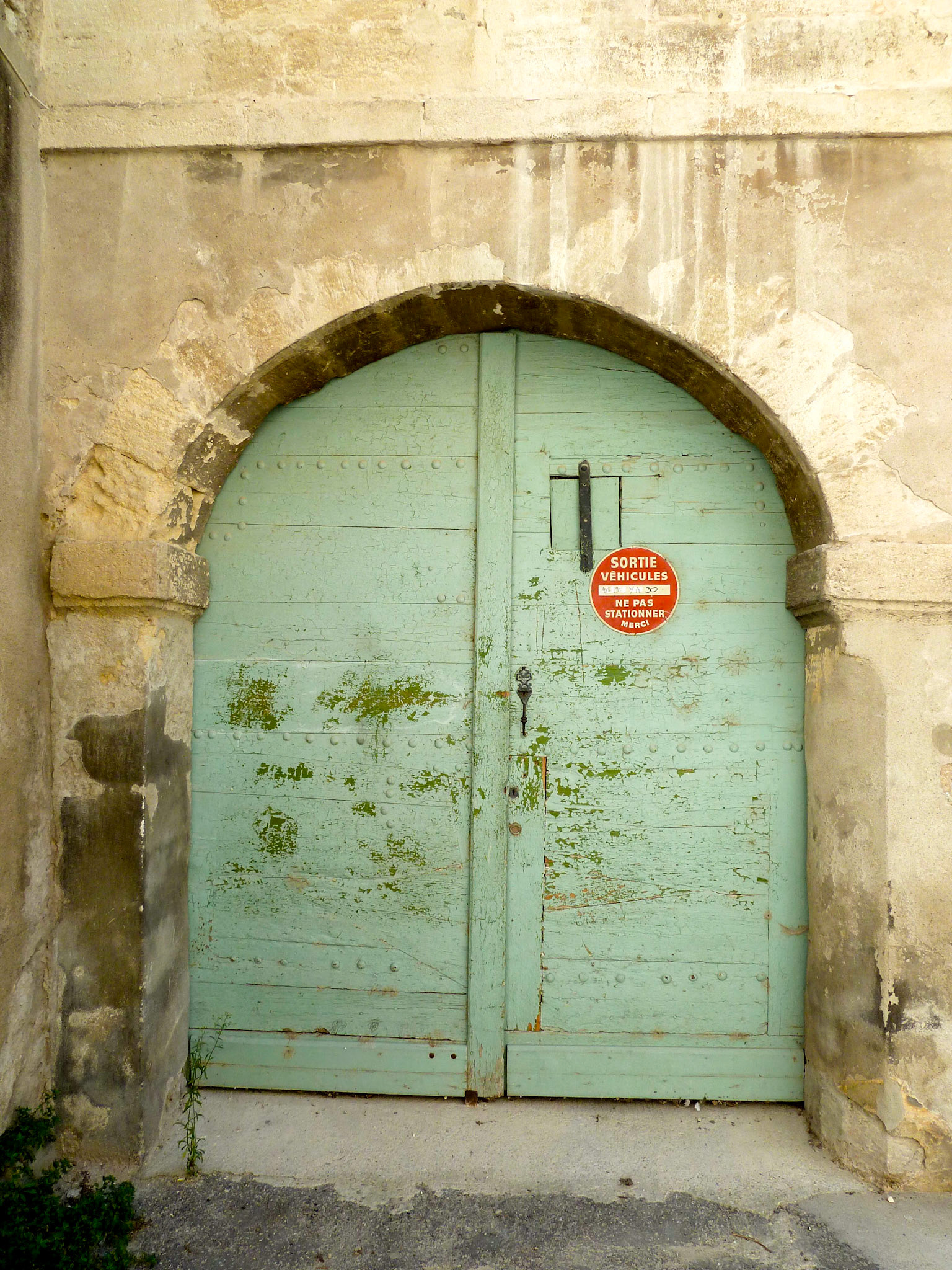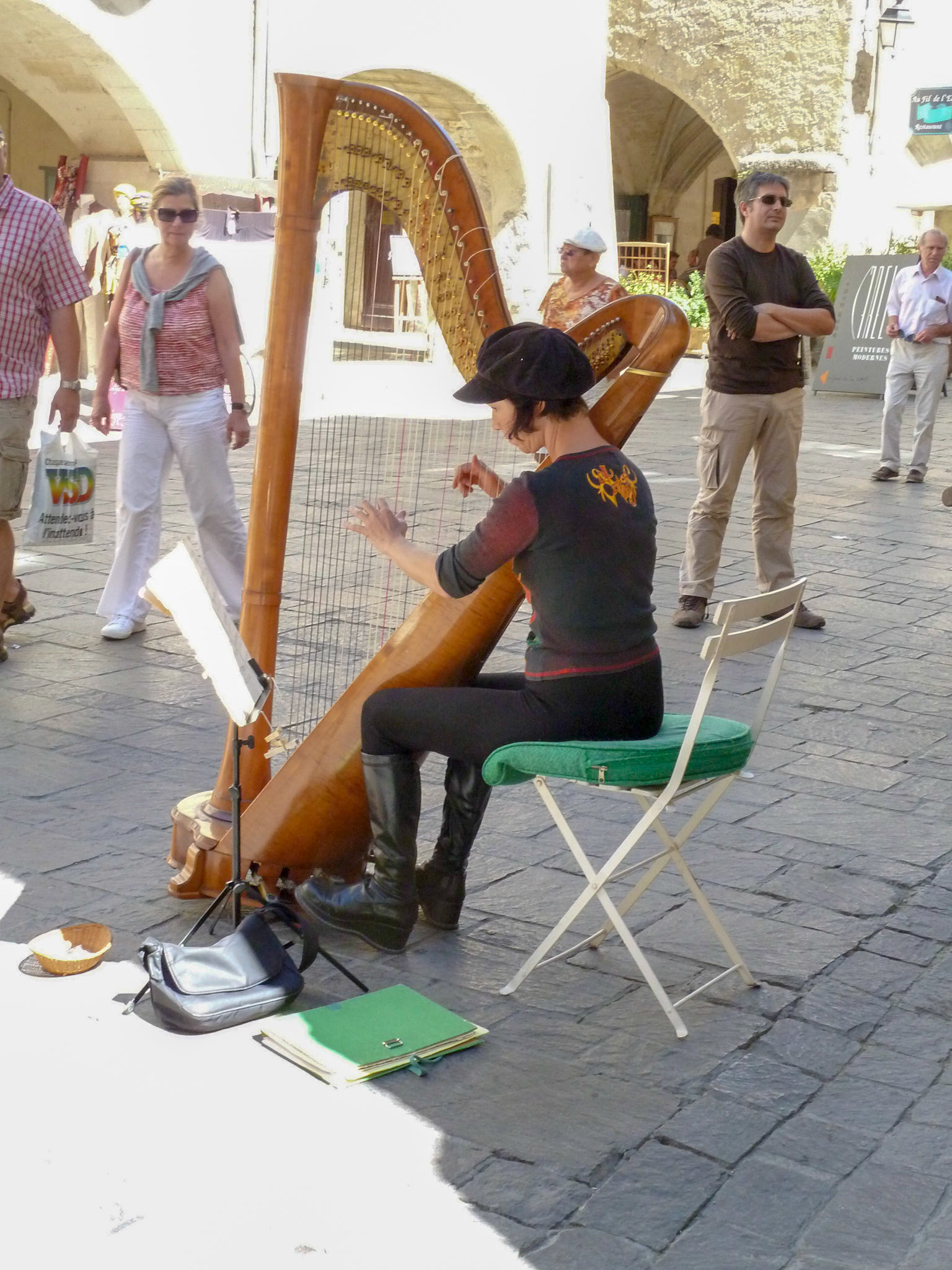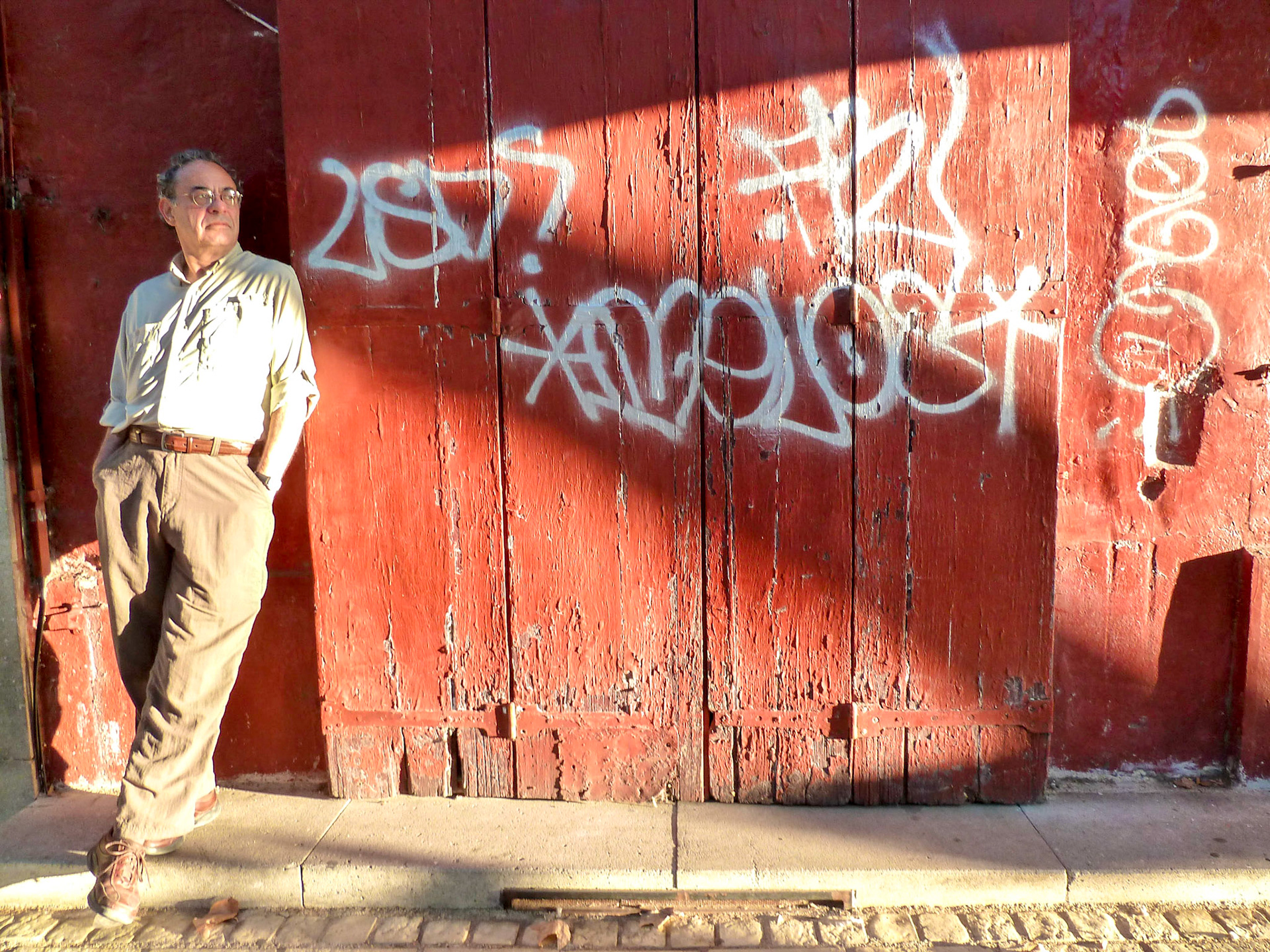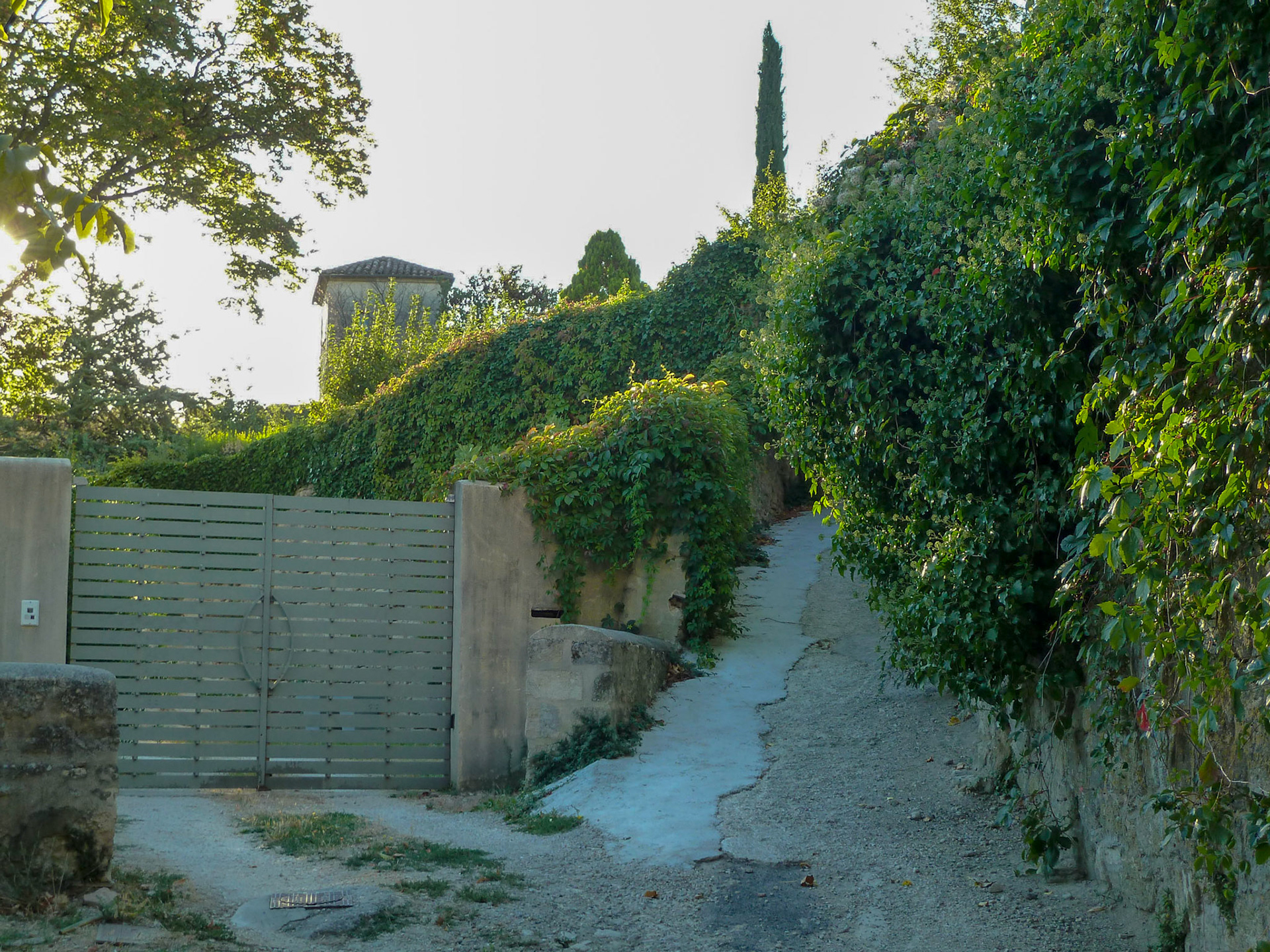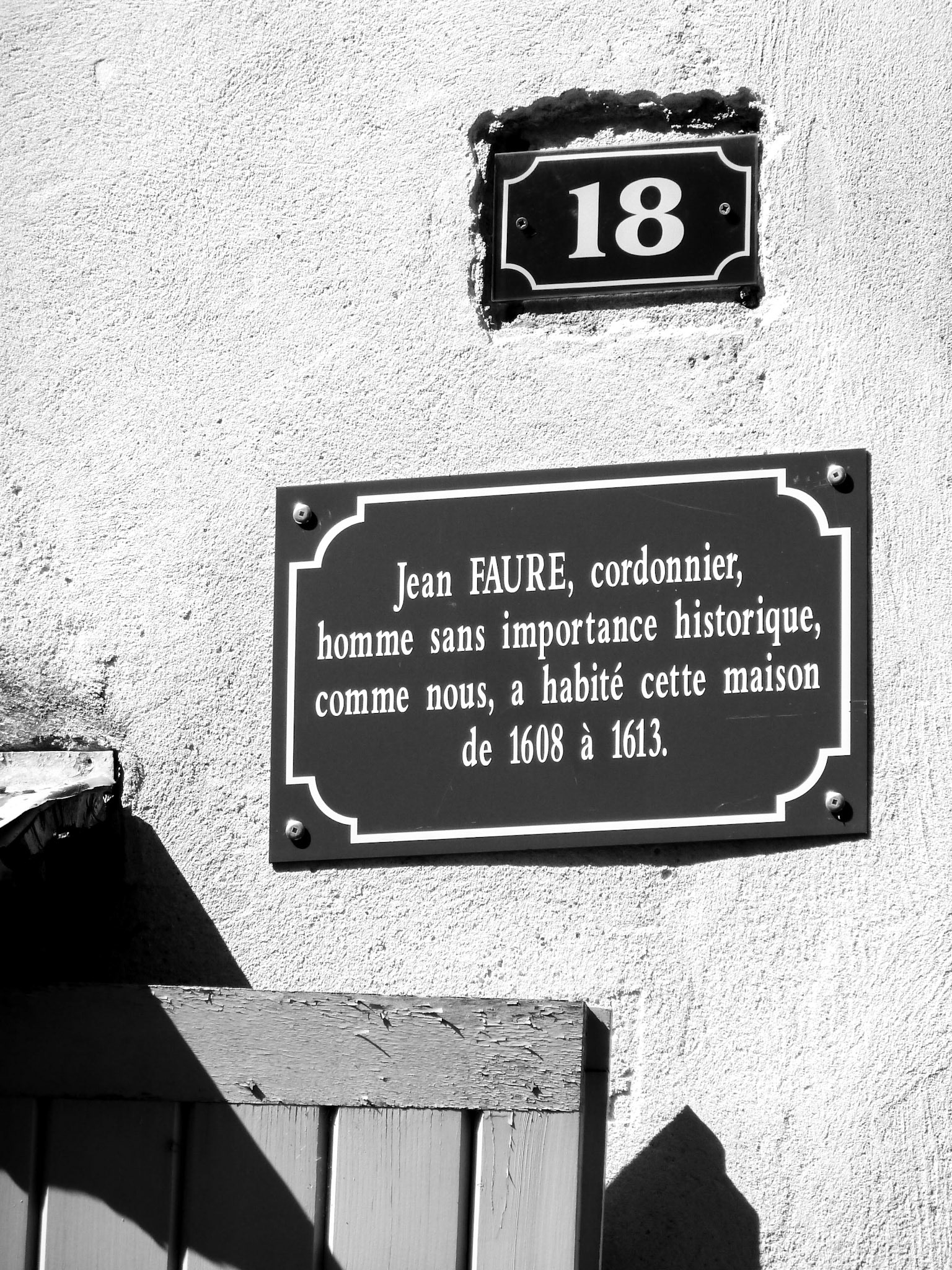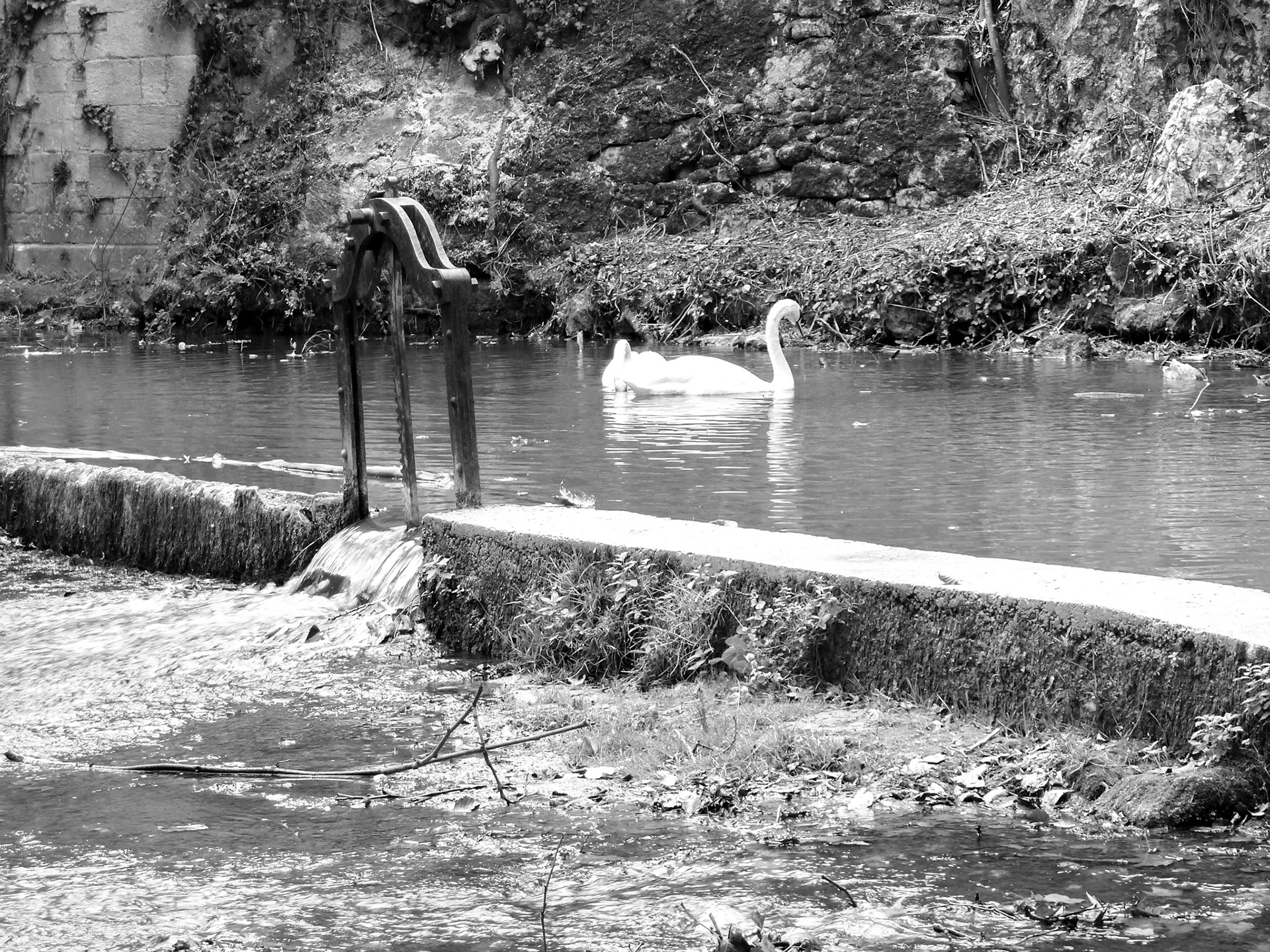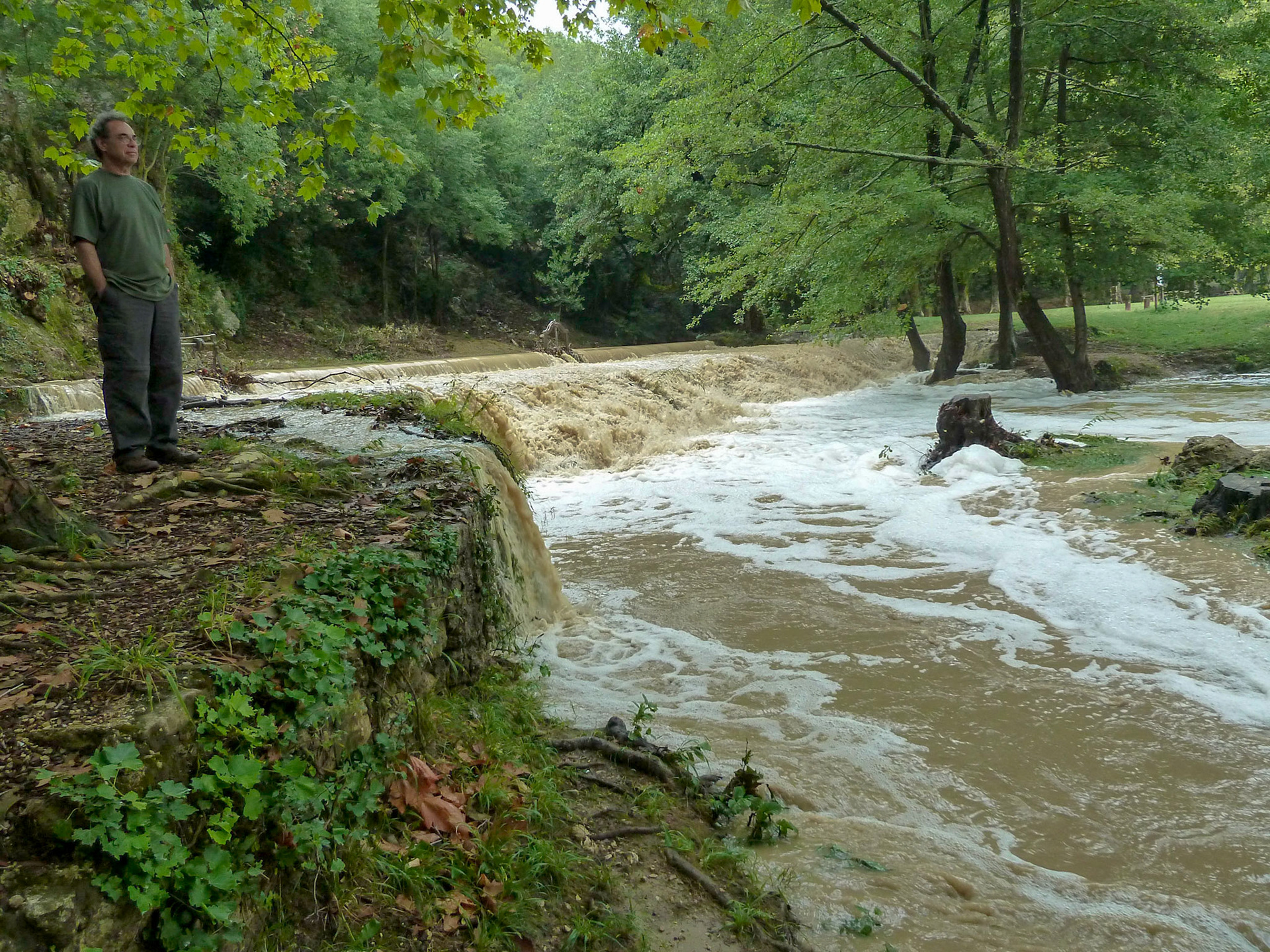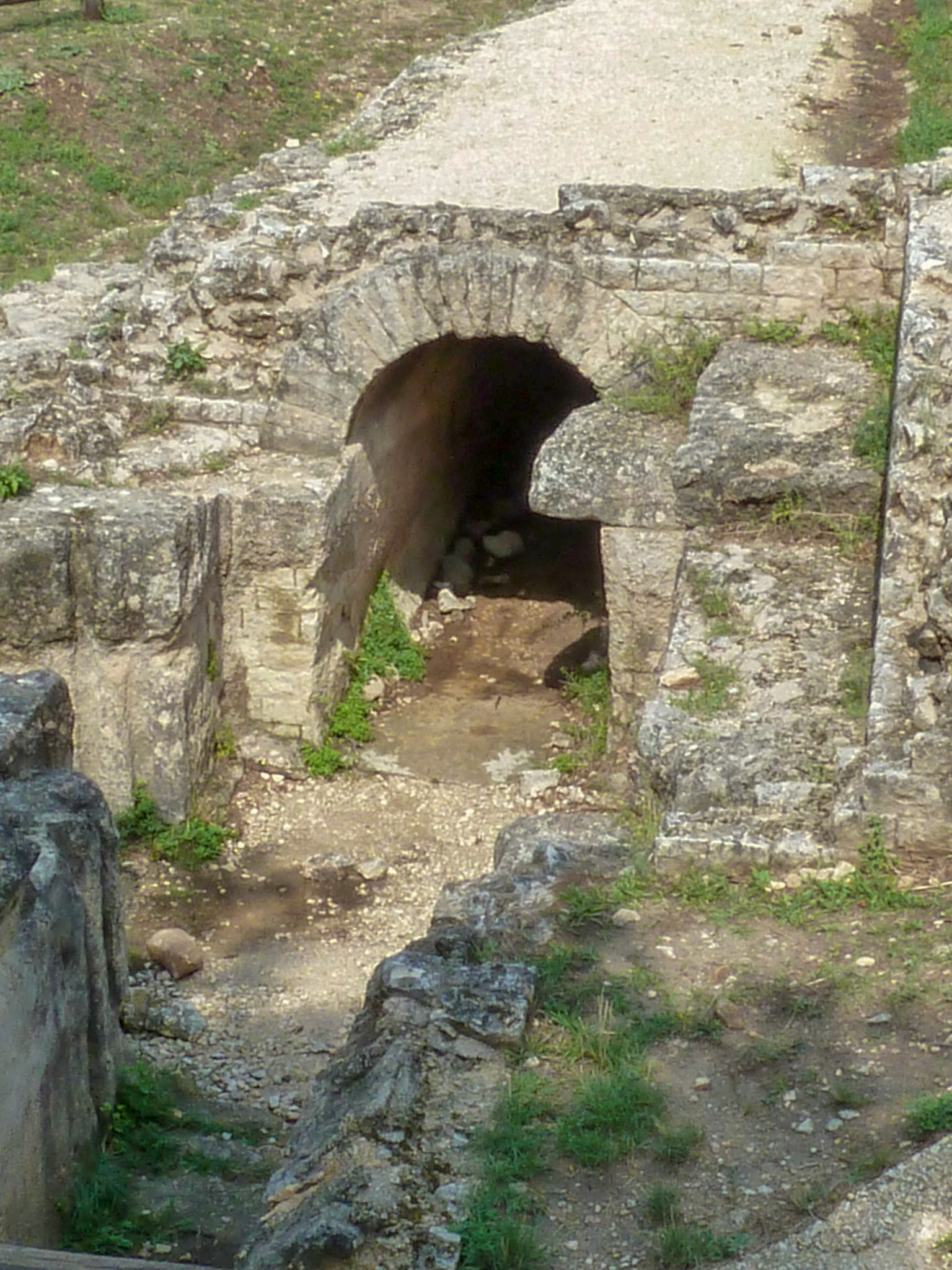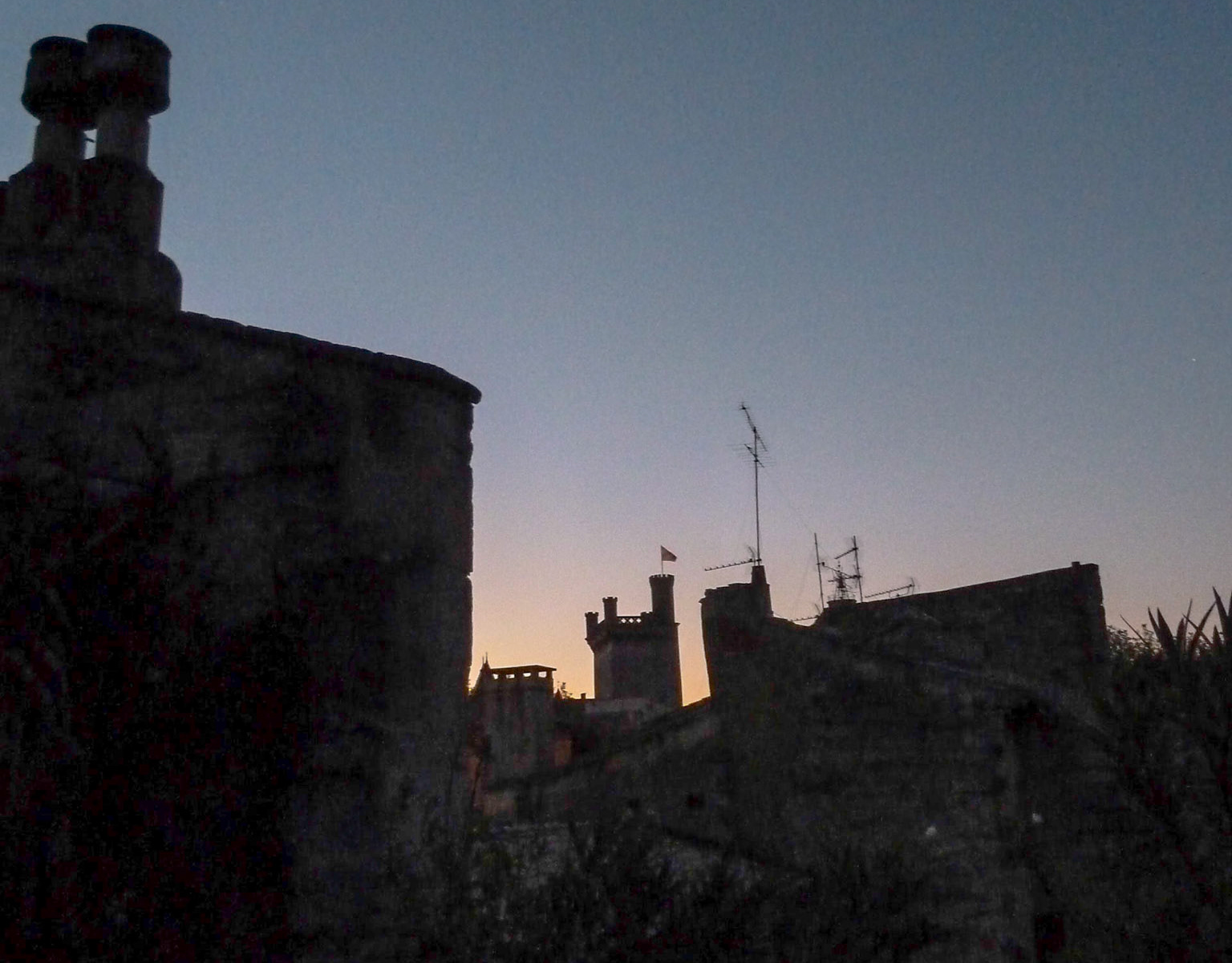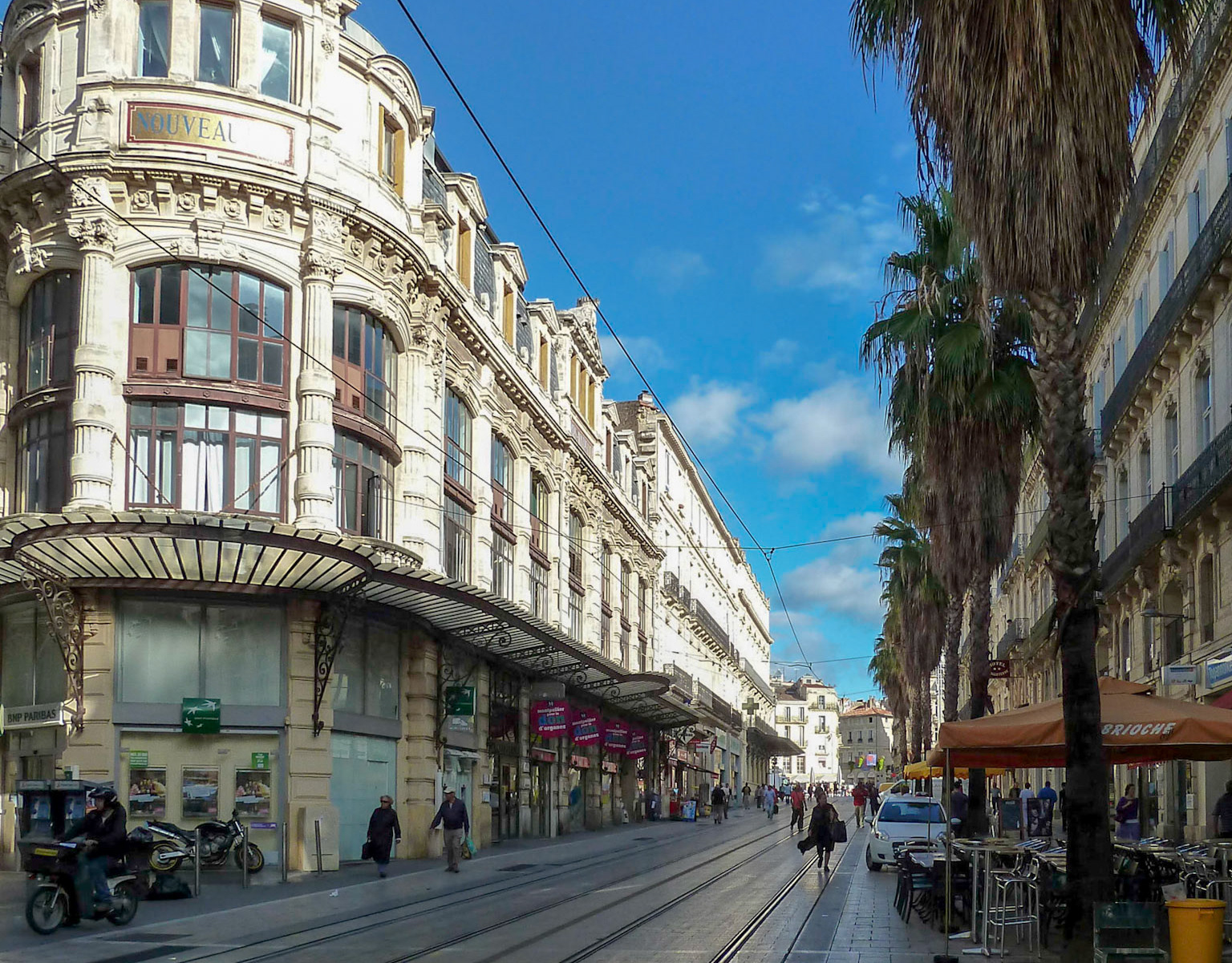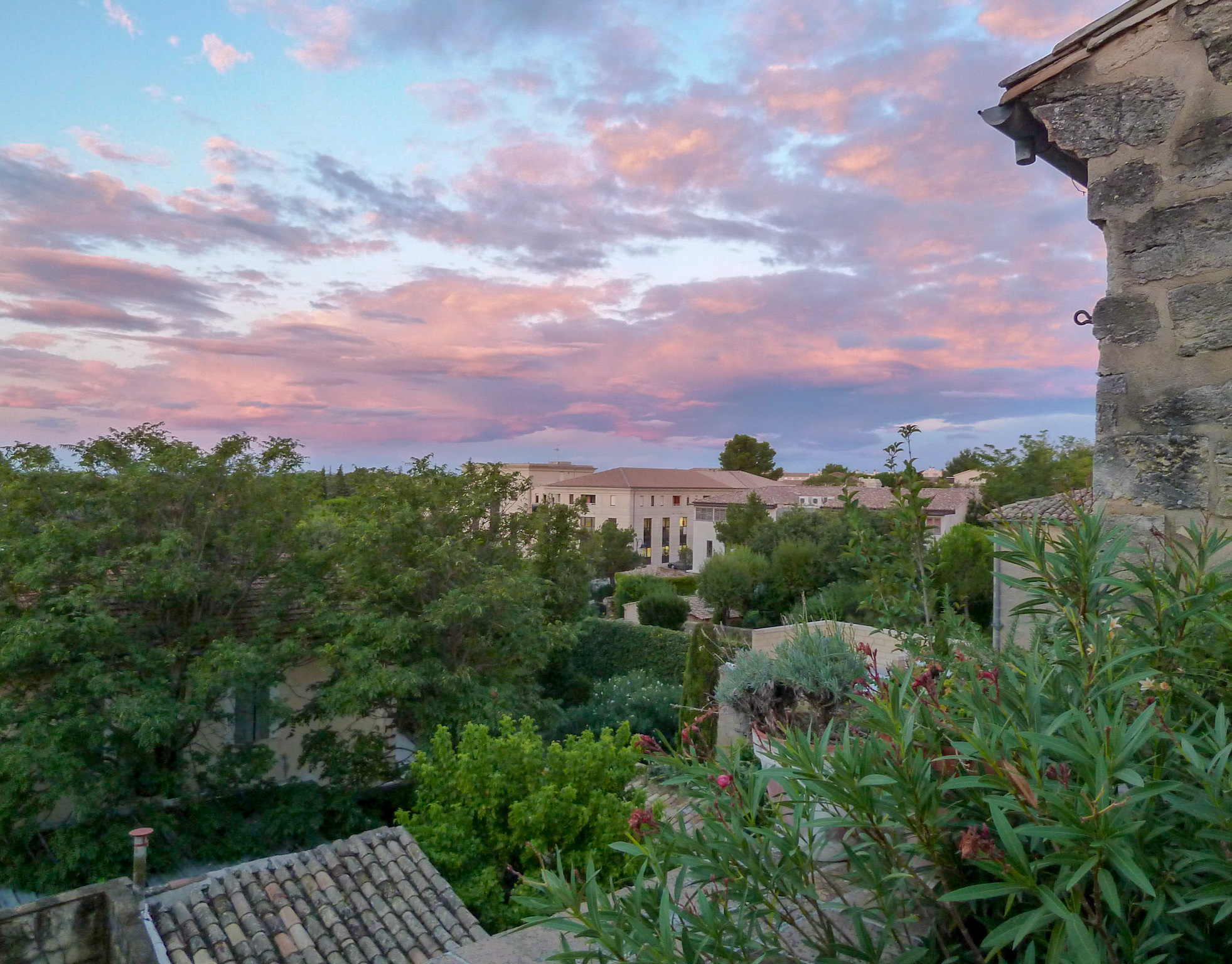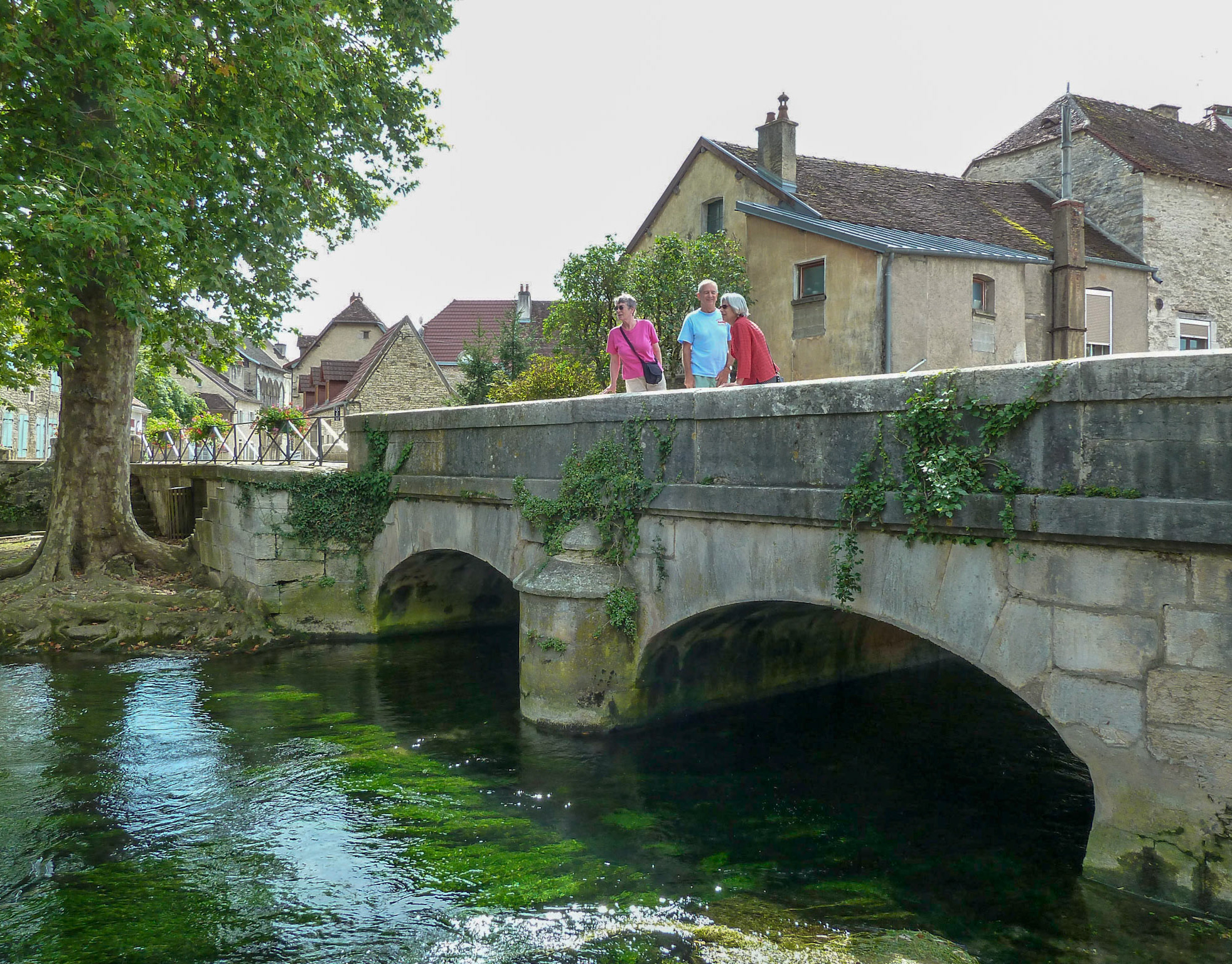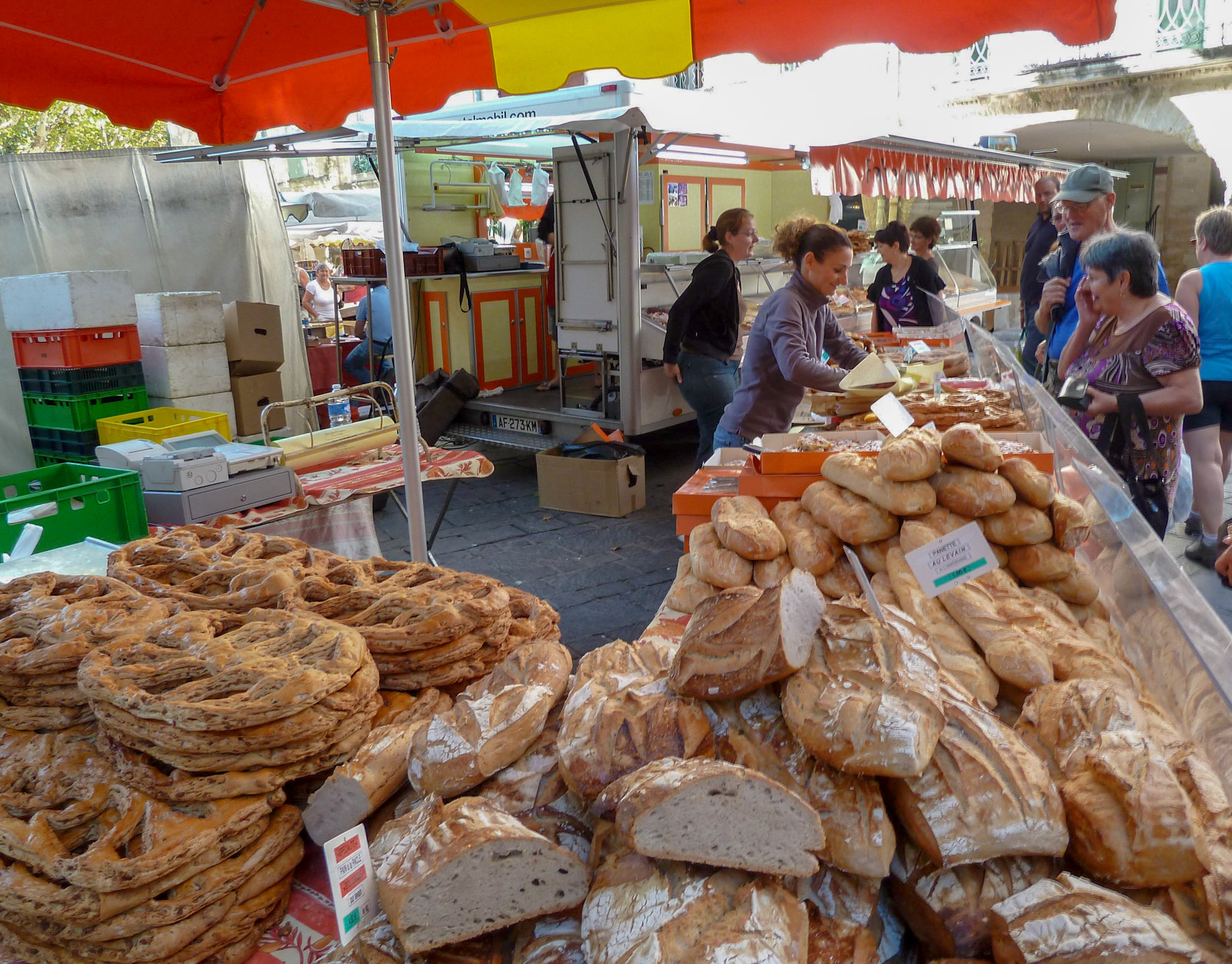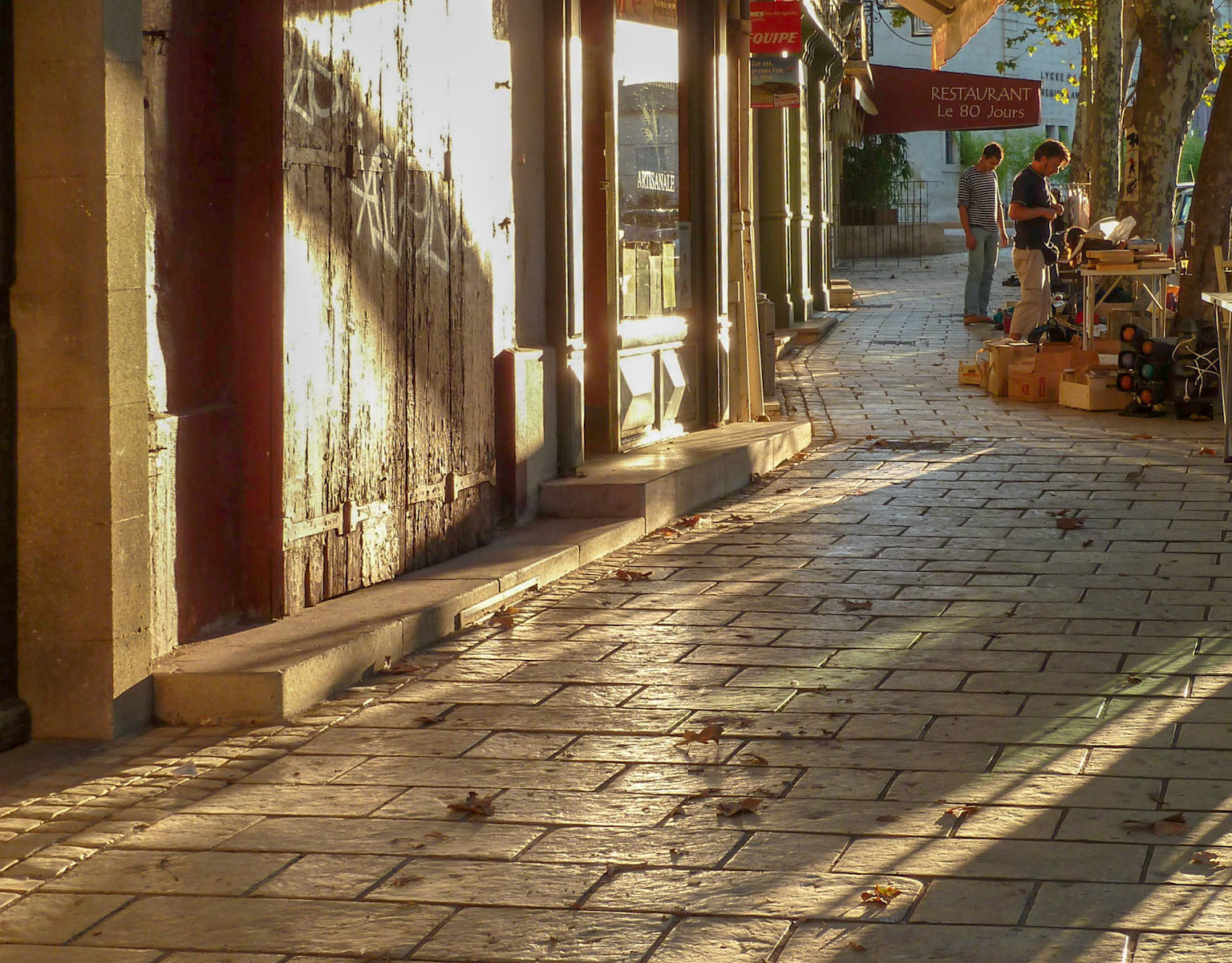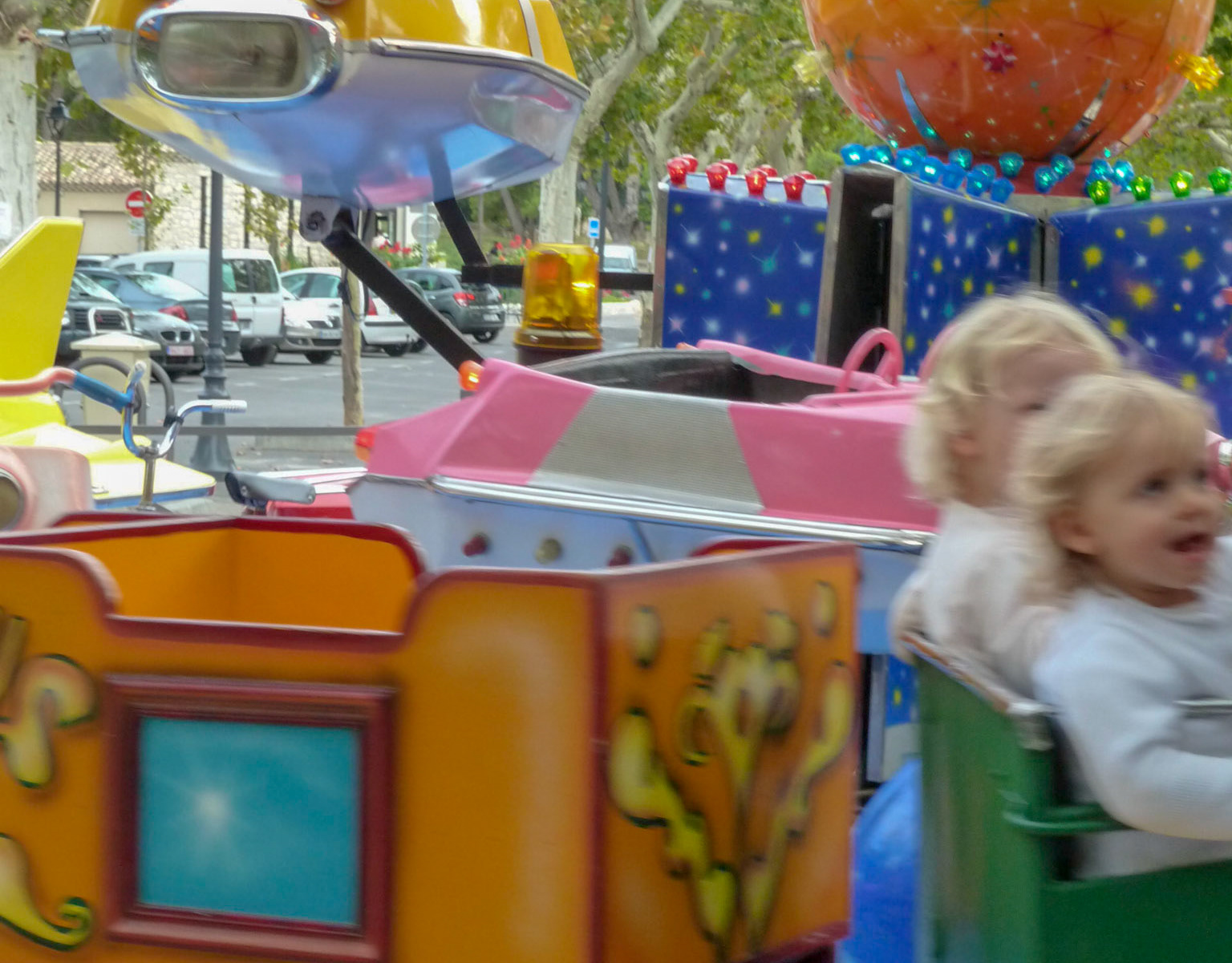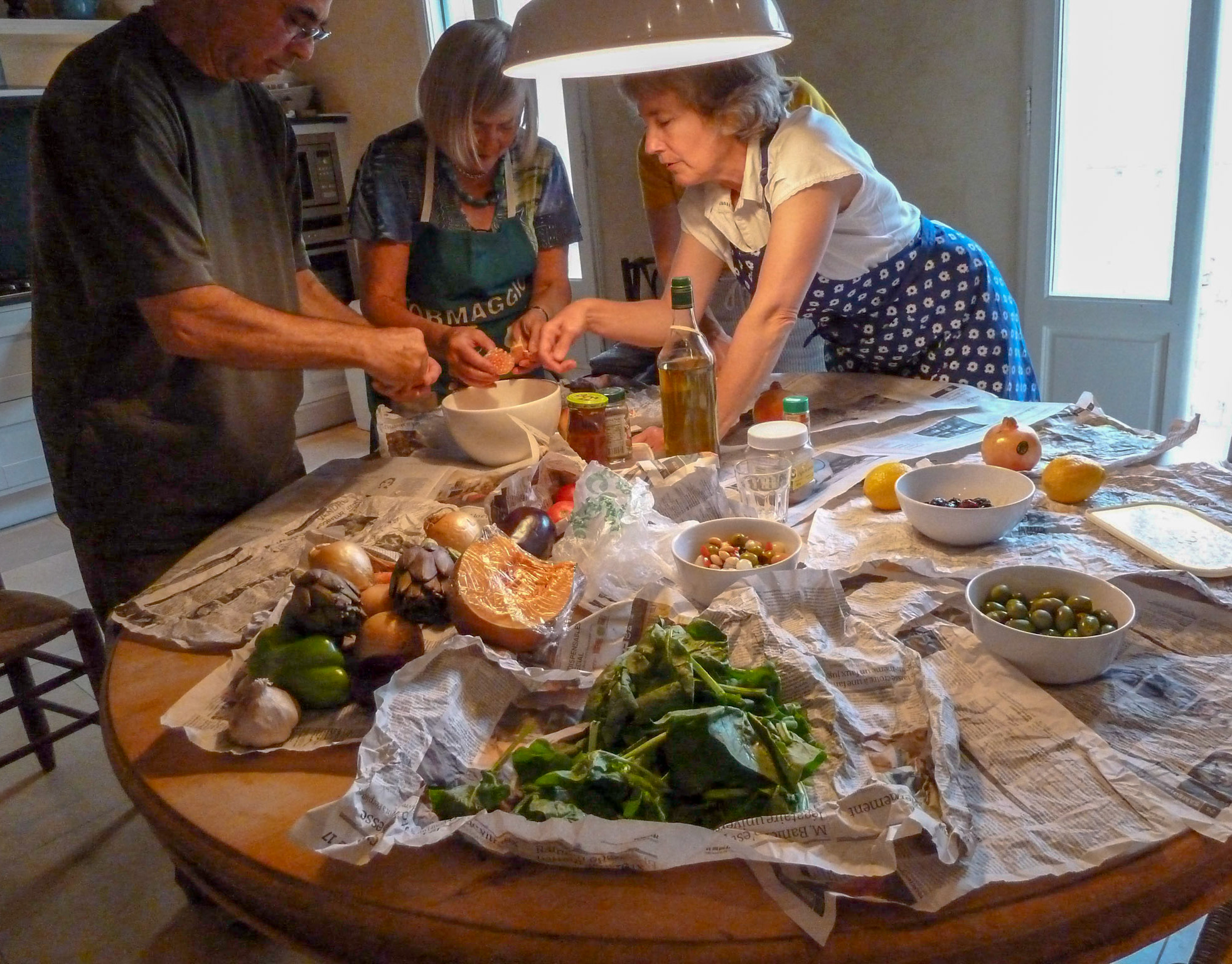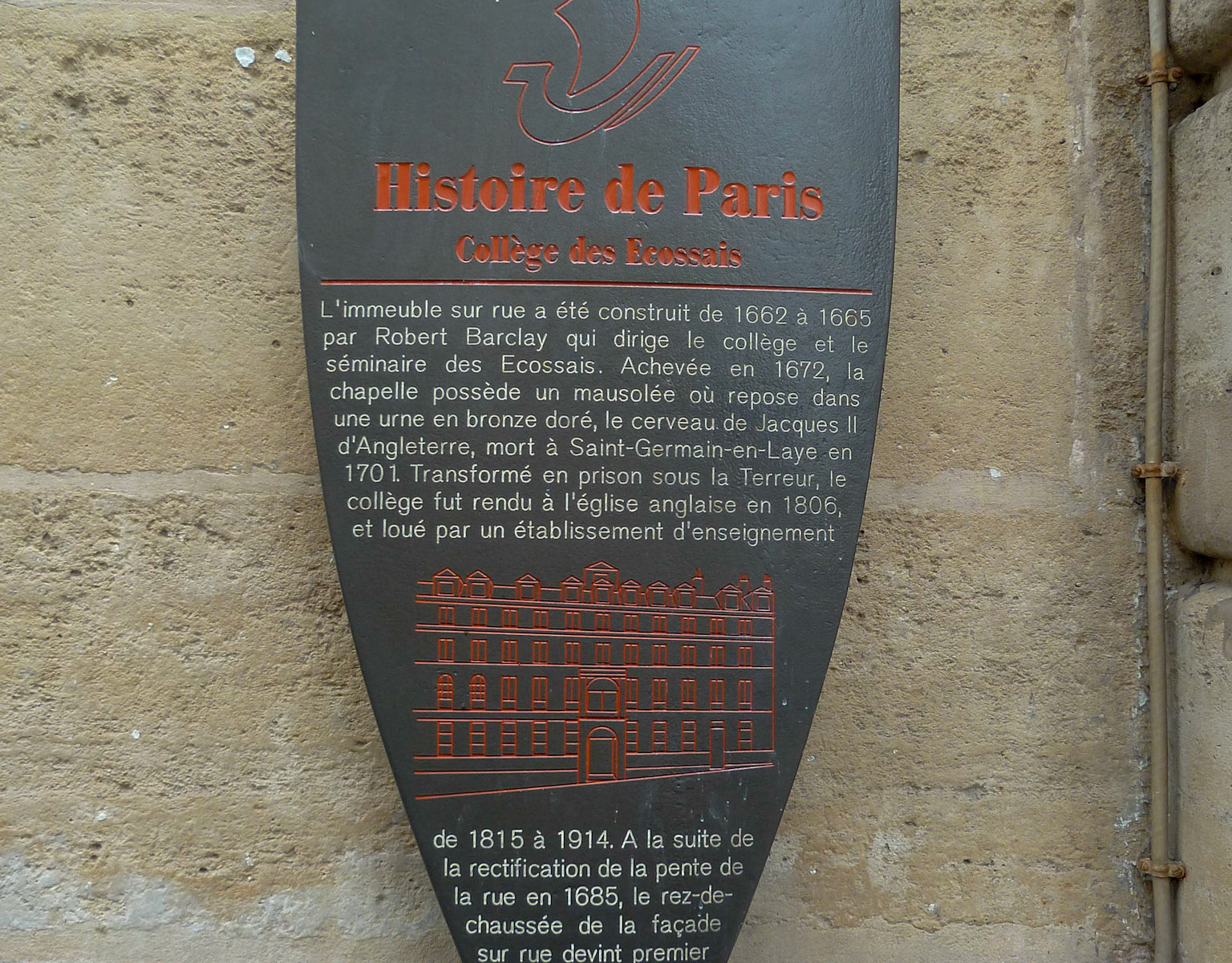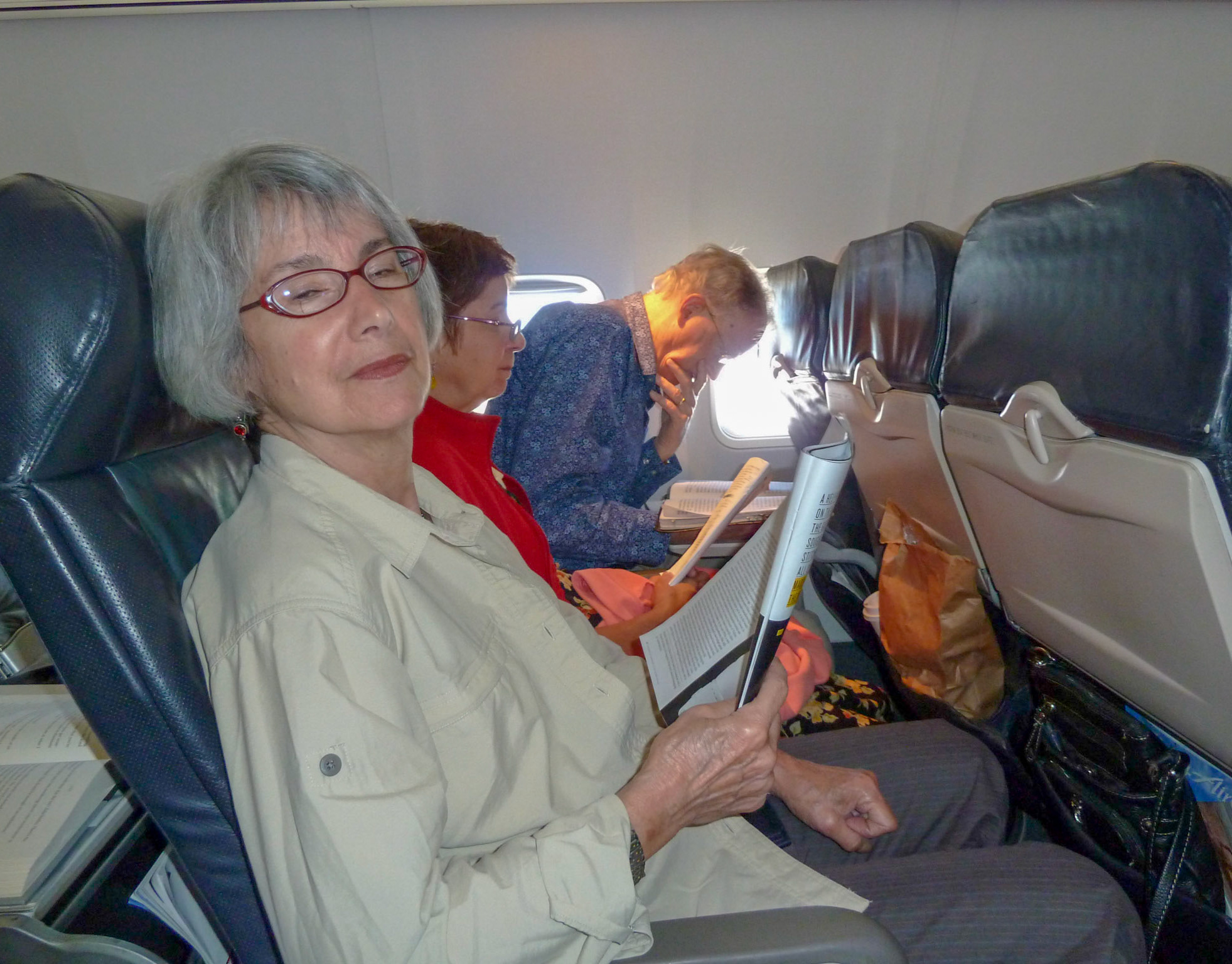Uzes is an ancient trading town, the political center of its area, but in the shadows of Avignon, Nîmes, and Arles. It's also the source of the water that once flowed over Pont du Gard on its long snaking journey to Nîmes. By the early 1960s, Uzes was a battered, beaten town being abandoned for the big cities and slated for destructive renewal. Fortunately, artists and other champions rallied to save this old place and bring it back to a modern life without losing its heart and history. Other towns were also saved, but many already were lost.
There are two large weekly markets in the central plaza and there is a massive flea market on Sunday. The two large market days have slightly different slants, and, of course, the seasons. The basic food market is huge, with a couple of enormous butcher's rigs, a range of seafood unheard of in even the best American fish markets, two many cheese choices to count, dozens of vats of different olives, plus all the fresh fruit and produce of the week and the Mediterranean.
The rule is the rule: you don't get to shop before the official opening time, but the lovely reality is that the elderly are allowed to come in during set-up for the pick of the lots and no pushy crowds. At least one of us would have passed the age test, but this wasn't our rodeo.
By our second week, we were starting to recognize locals and a few acknowledged us. One of the joys of France is joining the early morning line at a favorite boulangerie. I may not have much to say, but I can sure smile in French and greet the day in my lousy accent. I'm always up for the early bakery run for both the croissants and the pastries, plus the daily breads. All that while people-watching and trying to make sense of the sounds from their mouths.
On our first morning, I headed out for the bakeries we spotted around the corner that appealed more than the shop in between or the one on the other side of the street. I'd soon learn that they are all good, with specialties. But that first day, I was going to the further one, hoofing along smartly. Ahead of me was a very old woman with a cane and her grocery sack. I passed her with a polite "Bonjour, madame." She said nothing.
In the boulangerie I was mesmerized by the choices and didn't realize that she had come in and was standing behind me. I ordered by pointing and stumbling through the payment and left. A few days later she was there just before me. Again, I said, "Bonjour." And she said nothing. As I passed her on my way home—our way home, her way home—I said, "Excusez-moi et bonne journée à vous, madame." Which I'd cribbed from on-line. She smiled.
The next few mornings, I waited for her at the corner, but missed her. Then we spent a couple of days in the Camargue. After we got back I ran into her at the intersection, waiting to for traffic to stop. "Bonjour, Madame," and I offered her my arm to cross the street. She let me take her bag and took my arm and said, "Bonjour, Bonjour Monsieur." One day you're just a tourist, and the next—a friendly tourist. We are guests in someone else's space. But mostly we get the surface of the local lives, if we notice at all. It's lovely to cross the street.
We were enthralled by the place we'd rented. Quite large by French standards, but the owners were not French and they were absentee. This was where they saw their retirement. It had exquisite art and antiques. It was certainly large enough for guests and had the kit for entertaining. Yet the place was not ostentatiously remodeled. It wore well the hundreds of years it had shared on this street. The original eaves had been exposed, probably rescued from some plaster board purgatory. The rest had been lightly remodeled, with most of the attention being to the kitchens. The master bedroom was ours and it was also up the most stairs, including the ancient, worn ones in a crappy photo below. There were two other bedrooms on the 1st floor (2nd floor).
Outside the master bedroom was a large terrace with a table to serve eight, where we hauled our wonderful shared meals so that we could take in the sunsets over the ancient rooftops. There was a stereo system that we never got the hang of, but the big living room had an excellent library of books in French and English—lots of American and British mysteries. We got the wifi to work, but it suffered with too many of us trying to connect. From the upstairs terrace and the windows below, there was a view of the backyard garden, another place to hang out or to eat using the kitchen that opened to the garden. The vines below actually offered some privacy, but not much. There was enough room for several people to hang out with needed space.
We'd long ago briefly wandered the village, but neither of us actually remembered much except for the youth hostel we'd stayed in that now billed itself as a hip hotel for youth. We hadn't had much time in Uzes, but we still recognized the public square laid out inside the old city walls and having the feeling of the bastides in Perigord--the life of the village locked up behind walls with strategic entrances and exits—a village focused inward with backs to an outside world that wasn't always friendly.
I remembered the large plaza with its fountain and enormous plane trees surrounded by stone buildings that had deep stone-arched eaves under which were hidden restaurants and shops and offices. The square held the major markets and big events. Now we were discovering gardens and trails that were not in the articles we'd clipped. The history deepens. The mysteries multiply.
We didn't do the "down and dirty" tour of the castle, opting instead to just tour its walls and ramparts that held the town's heights. From there we plotted walks through the town and into the valley below—the bed of the stream that once fed Nîmes, as I mentioned.
There'd been a heavy rainstorm and the creek was breaching its banks, wiping out the trails or leaving them slicker than shit after the water receded. We watched swans in the longer pools. And some ducks flew in. Actually, aside from the swans, it reminded me of Chenowith Creek at its high water in the spring when I was growing up beside it. The smells were so similar, too, but swans didn't hang out on Chenowith Creek. Not many ducks. either.
